N.I.C.A. - Cultivating a Love for Mountain Biking
One athlete after another crossed underneath the finish line banner, most breathing heavily, cheeks flushed red from the effort they just put forth. 100 feet beyond the finish line, a course marshal directed the redlining riders to their right, and into the finish corral. There they were met by teammates, coaches, friends, and parents, usually waiting with open arms and a congratulatory remark regardless of their result. The athletes were middle and high school aged mountain bikers and had just completed a Wisconsin N.I.C.A cross-country event on trails that, up until this weekend, had never been made open to the public before. Most kids smiled and laughed, and shared stories of their respective races, the drama, and dynamics that come with going elbow to elbow in the forest at full steam filling the corral with an exuberance that is hard to describe. Others rode straight through, heads down with any number of things on their minds, while others still sought a few moments to themselves by finding an unoccupied space in the corral, perhaps to nurse wounds both physical and mental, and to wrap their brains around the events that had just unfolded over the course of any number of laps on the 6+ mile track. All of it, regardless of the specific details surrounding each individual's race, was a shared experience for virtually every person involved, from the riders, to the coaches, to the parents; it was an event that resulted in a full sensory experience, and it was a prime example of why this might be one of the most important things to happen to mountain biking in years.
The National Interscholastic Cycling Association was founded in 2009 with two leagues in California: the NorCal and SoCal leagues. NICA has since amassed a total of 21 leagues, with West Virginia and Maryland leagues coming hot off the press most recently. The Wisconsin league was founded in 2013 and is co-directed by Kathy Mock and Don Edberg. Wisconsin is known for many things, including cheese, lakes, Aaron Rodgers, and the Netflix phenomena Making a Murderer. While most mountain bikers wouldn't necessarily put this relatively quiet midwest state on their must-ride list, it does hold a great deal of value for cycling as the home for one of the sport's most important brands: Trek.
The Waterloo-based, cycling behemoth has been one of the world's leading brands for over 40 years and is an institution that many in the Badger State hang their proverbial hats on. Trek is the lead sponsor for NICA, and this is a year of firsts for both parties. For the first time ever, Trek has decided to open up their normally private stash of trails, located about 1/2 a mile from HQ, to the public, and N.I.C.A is utilizing the opportunity to host a round in Waterloo for the first time ever. It's significant not because of the trails themselves, although credit certainly goes to trail boss Vance McCaw for getting them ready, but because N.I.C.A has moved the needle so much in such a short amount of time, Trek's C.E.O John Burke, who never intended for Trek's private trails to be open to the public, immediately after witnessing his first N.I.C.A race ever in 2016 made it clear that he wanted to see these kids on his trails as soon as possible.
The real power at work here isn't the influence or inspiration the president of one of cycling's largest brands draws from N.I.C.A. It isn't the sheer volume of athletes participating either (over 500 kids toed the line in Waterloo just a few weeks ago, and upwards of 14,000 kids will participate nationwide in 2017.) What N.I.C.A represents is the demystification of mountain biking to the masses. Mountain biking is far too large a community to be considered "underground", but it's long been an example of something that people familiarize themselves with through participation, otherwise, it's a bit of an unknown to the general public. Ball and stick sports are enormously popular around the world not necessarily because they encourage an active lifestyle, or promote teamwork or any other dynamics you can find elsewhere. Some might even argue that off of the field, many of those sports have no inherent "lifestyle" to offer at all. They're popular because they occur in an arena that is easy to manage and encourage spectatorship, and thus have been cultivated and developed into big businesses that stop being about personal development, and start being about ticket sales.
The beautiful thing that is fully on display at any N.I.C.A event, and certainly at the event held in Waterloo, is not the competition specifically, although it definitely brings with it a number of important values and lessons that kids and adults can take with them. Instead, it was seeing the athletes and their parents alike experience the brilliance of riding bikes in the woods together. Many of these parents hadn't been on a bike for years, and yet by virtue of their own children's ambitions and growing love for this sport and community, a bit of an awakening took place, and continues to take place across the country as more of these events unfold. With each N.I.C.A race that's held, the mountain bike community gets to welcome scores of new members into the tribe, and there's no denying the special dynamic that comes when a parent and their child fall in love with bikes together, and the shared personal growth that comes with it.
Pinkbike was on hand at Trek's headquarters and private stash in Waterloo, Wisconsin for the third of five total events on the fall calendar for the Wisconsin N.I.C.A season and we took the opportunity to speak with athletes, parents, officials, and even some of the people at Trek to learn a bit more about the league, the process, and the takeaway for all involved.
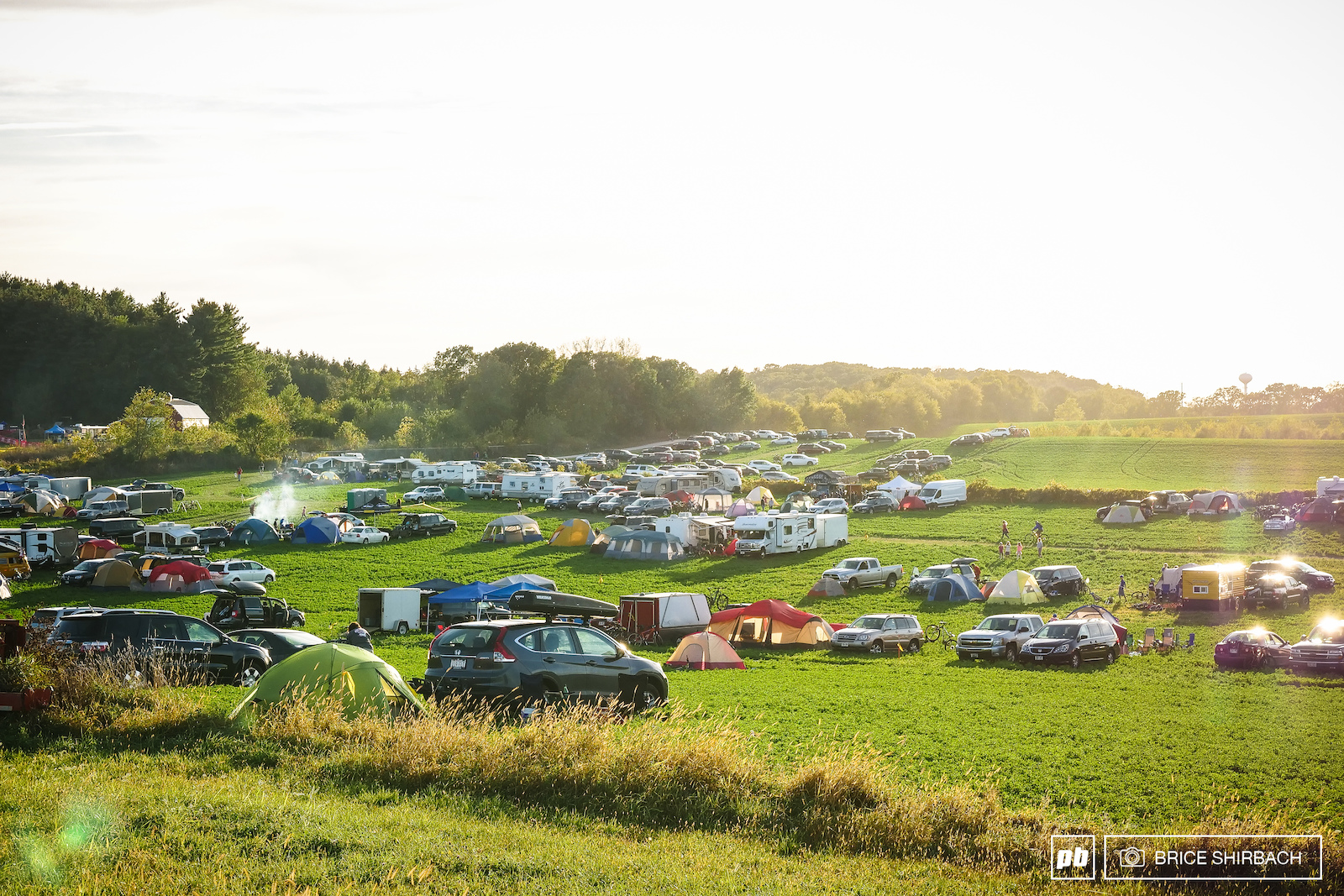
 Why is it important to Trek to be involved with NICA in such a significant nature? You guys have really thrown a lot of support their way.
Why is it important to Trek to be involved with NICA in such a significant nature? You guys have really thrown a lot of support their way.
With each one of the kids, there's a family. You see mothers, fathers, sisters, and brothers all riding bikes. I'm like "This is super cool." Trek has always been part of N.I.C.A, and we've always paid our dues, but I thought "How can we help N.I.C.A take it to the next level?" With this event, I told Aaron, "You need to have a N.I.C.A event at Trek because we've got these trails here, and they're just absolutely amazing." Being able to share it with the N.I.C.A group is going to be really good.
 What has been your greatest takeaway since getting involved?
What has been your greatest takeaway since getting involved?
 What does your role entail?
What does your role entail?
 How much growth have you experienced since the league began?
How much growth have you experienced since the league began?
 How do you guys manage that growth?
How do you guys manage that growth?
 What does it mean to you, then, having Trek Headquarters, these trails that have never really been open to the public before. What's it mean to you guys to be able to utilize these trails today, or this weekend?
What does it mean to you, then, having Trek Headquarters, these trails that have never really been open to the public before. What's it mean to you guys to be able to utilize these trails today, or this weekend?
 What's been one of the big take aways, in our opinion, in four years you guys have been doing this thing? What good has come from N.I.C.A?
What's been one of the big take aways, in our opinion, in four years you guys have been doing this thing? What good has come from N.I.C.A?
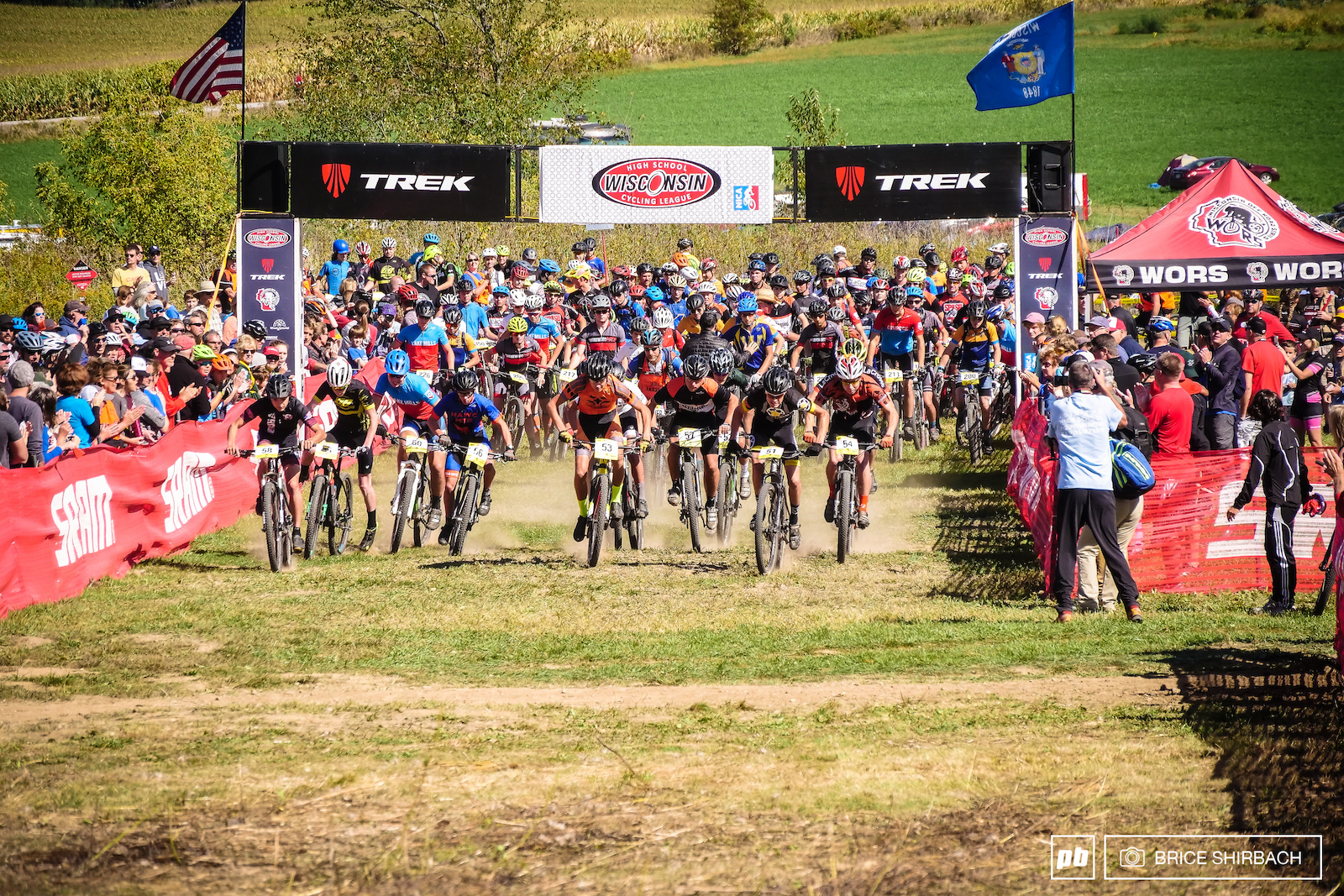
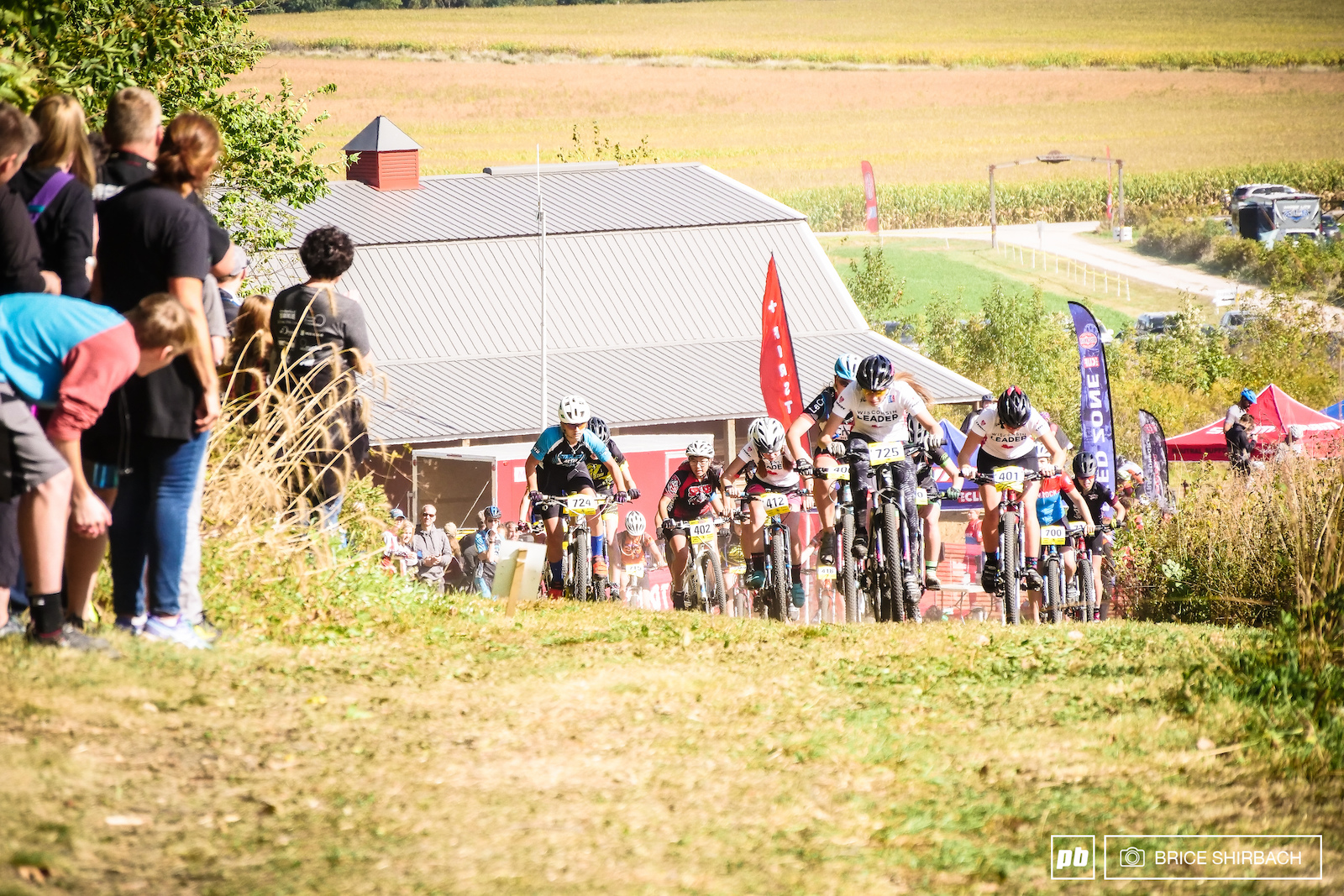
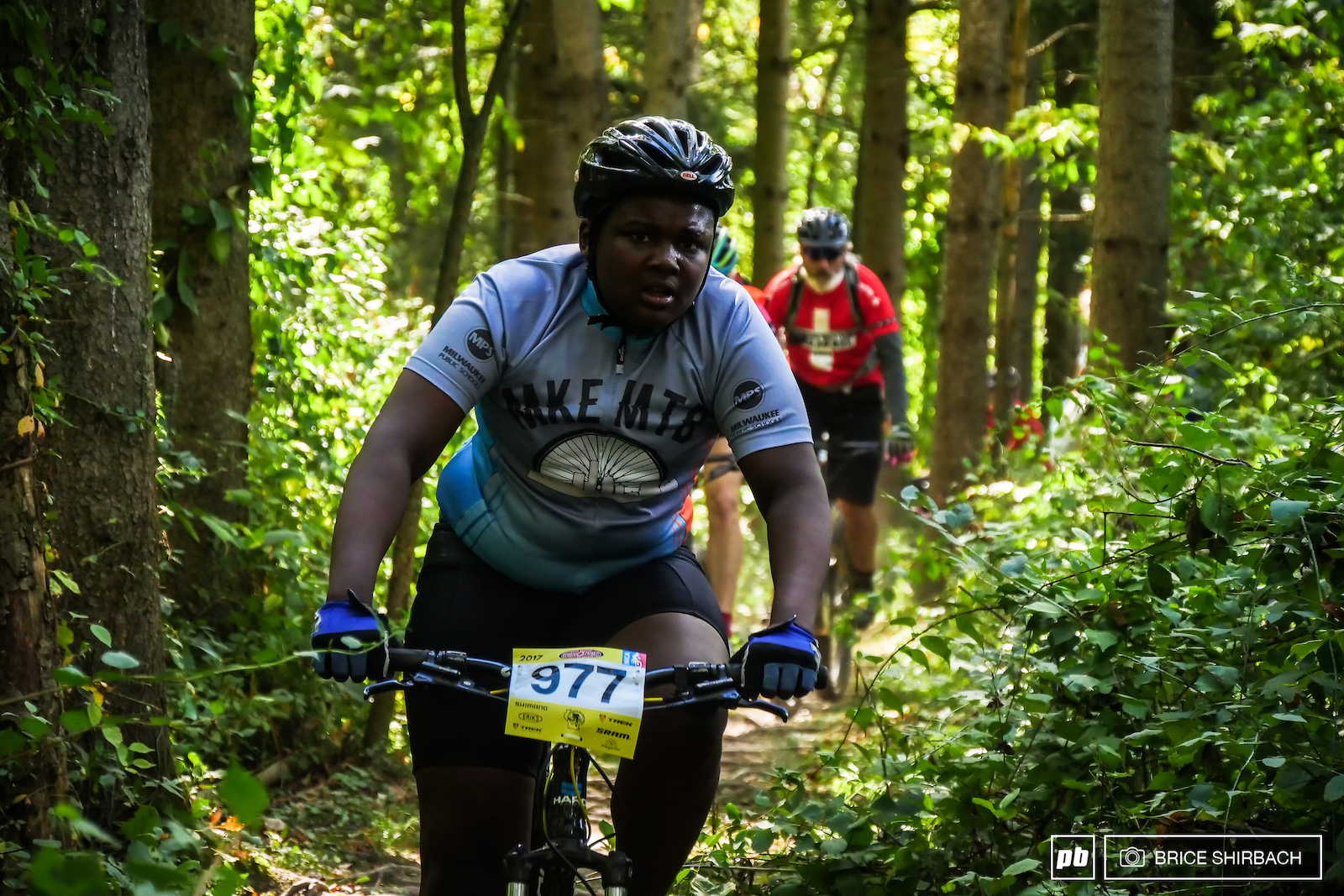
 What do you do with the NICA Wisconsin League?
What do you do with the NICA Wisconsin League?
 How long have you been doing this?
How long have you been doing this?
 What are some of the changes that you have seen since the beginning?
What are some of the changes that you have seen since the beginning?
 What are some of the reactions that you see and how much interest is there from other folks that aren't yet a part of the program?
What are some of the reactions that you see and how much interest is there from other folks that aren't yet a part of the program?
 How do you “coach” a mountain bike team? What’s race day like for you?
How do you “coach” a mountain bike team? What’s race day like for you?
 Have you seen an increase in the amount of parents getting involved with the team over time?
Have you seen an increase in the amount of parents getting involved with the team over time?
They come to practice and practice with their athlete, as well as with all of the other athletes. They develop their own skills, and then they hit the trails with us on the weekends. I've seen the kids grow exponentially in their skill and I've seen the same thing happen with the parents as well.
It's kind of fun when you see a kid cheering their mom on, going over an obstacle that the mom is surprised the kid is doing, and then the kid is surprised that mom can do that, and then they're kind of high-fiving each other at practice, talking in the car and not on the phone. It's pretty awesome. I don't see any kids on any cell phones out here right now. I see them on bikes. It's awesome.
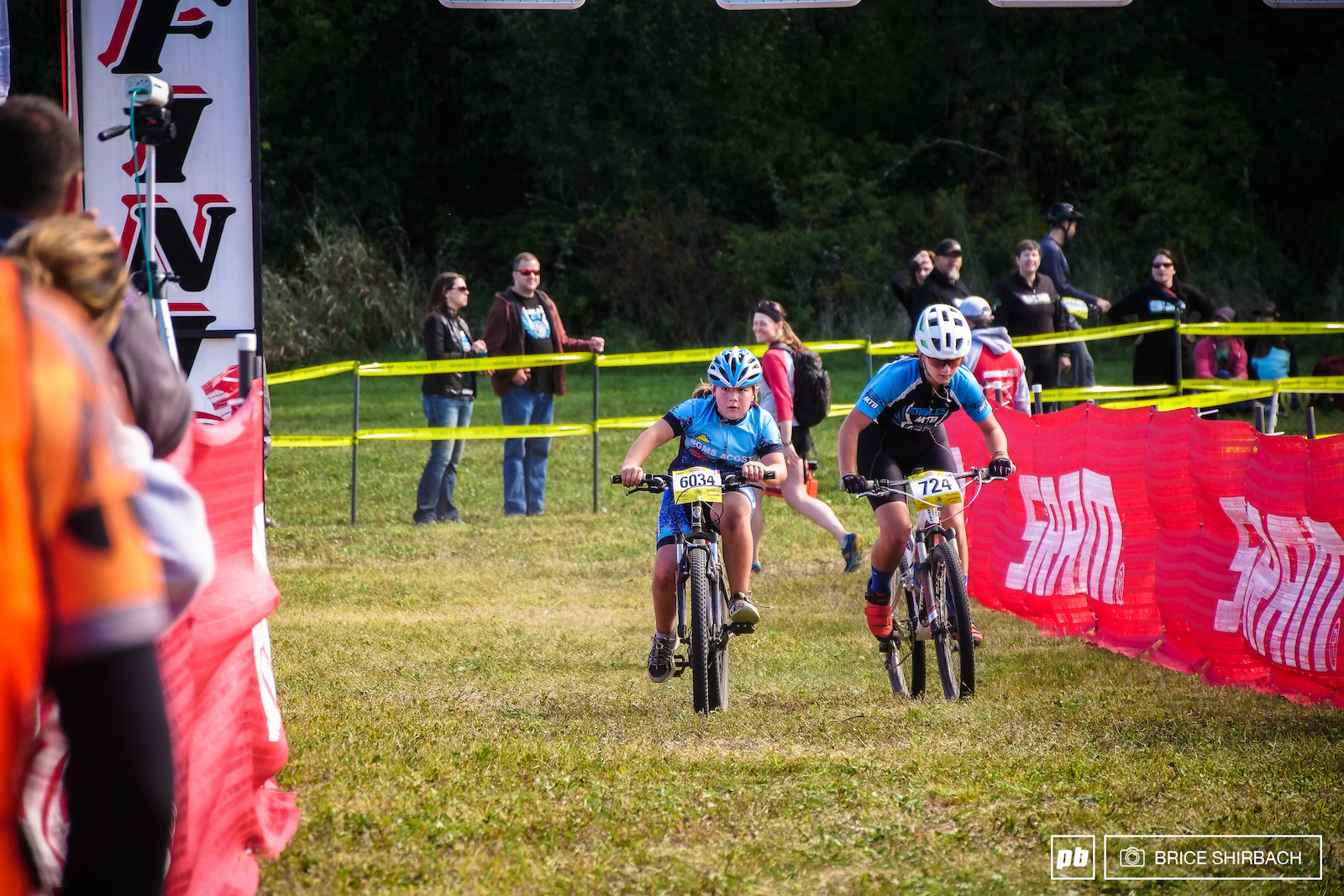
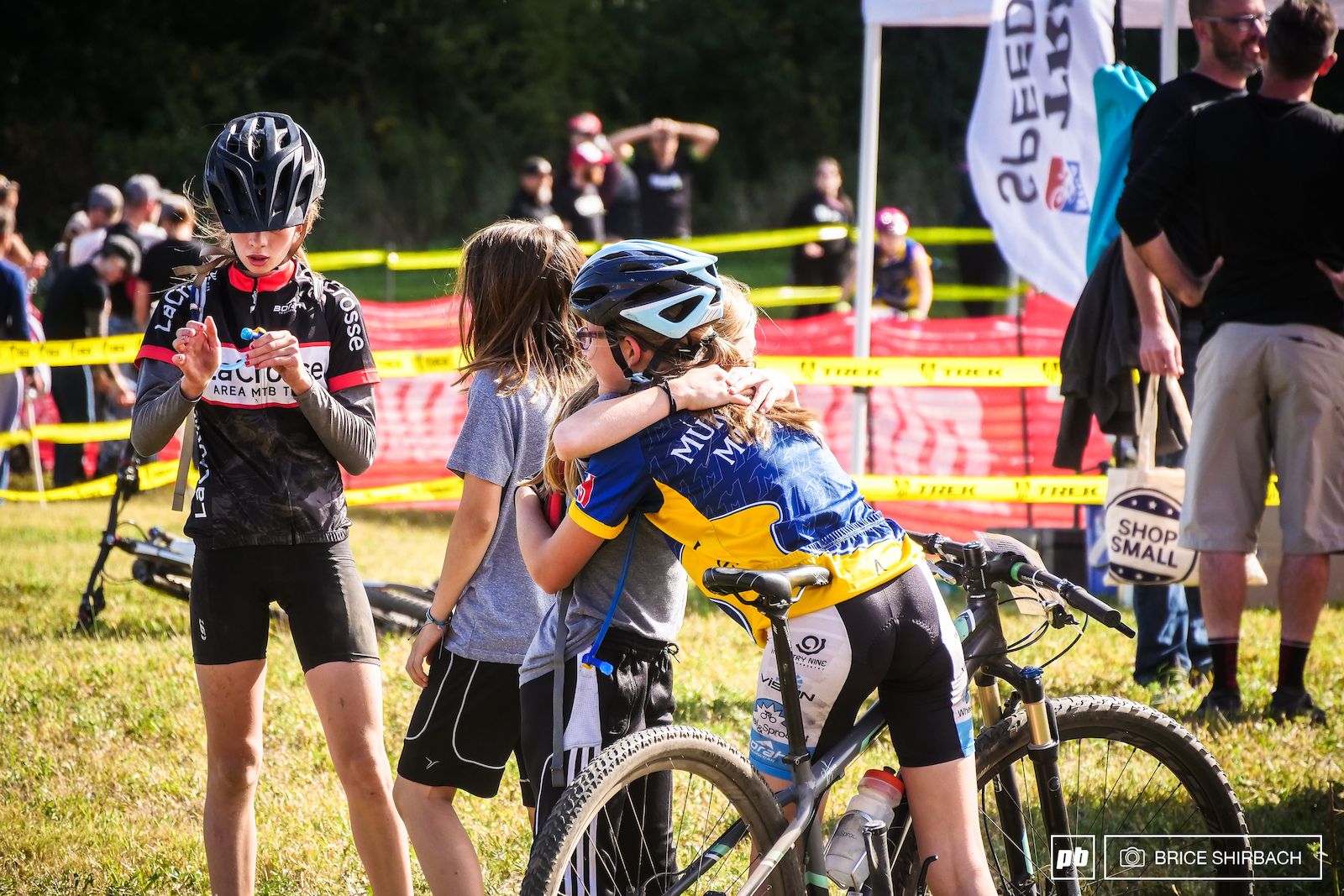
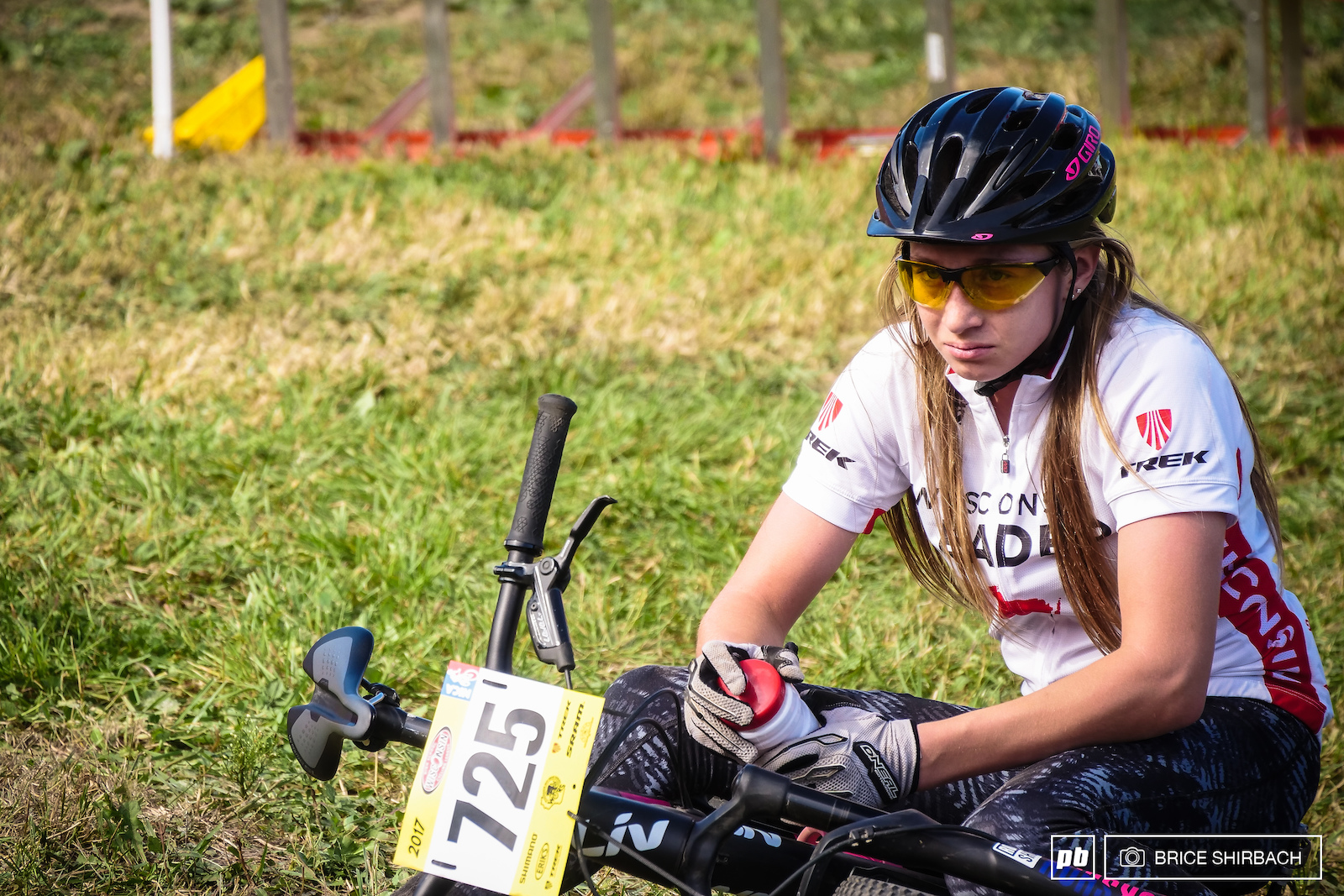
 How long have you been doing the Wisconsin NICA?
How long have you been doing the Wisconsin NICA?
 How would you describe NICA Wisconsin? What are these events like and race weekends like for the student-athletes?
How would you describe NICA Wisconsin? What are these events like and race weekends like for the student-athletes?
 Do you play any other sports as well?
Do you play any other sports as well?
 Do the races get pretty competitive despite the overwhelming sense of camaraderie?
Do the races get pretty competitive despite the overwhelming sense of camaraderie?
 You're a senior now, so presumably, you're going to college, you're doing something afterward. What are you gonna miss the most about NICA when you're all done?
You're a senior now, so presumably, you're going to college, you're doing something afterward. What are you gonna miss the most about NICA when you're all done?
Another thing that I think people don't really think about with mountain biking is about how much it kind of helps with self-confidence. I know that going into high school, I was anxious, nervous, and kind of a shaky kid. Before I started doing this I wasn't very secure in myself at all. Through this, I kind of learned how to trust in myself first, and then in my bike after that. I have learned how to be comfortable in my own skin, and comfortable with that what I’m doing and how I’m doing it. It gives me this really deep sense of confidence and calm that I don't think I could find in any other sport.
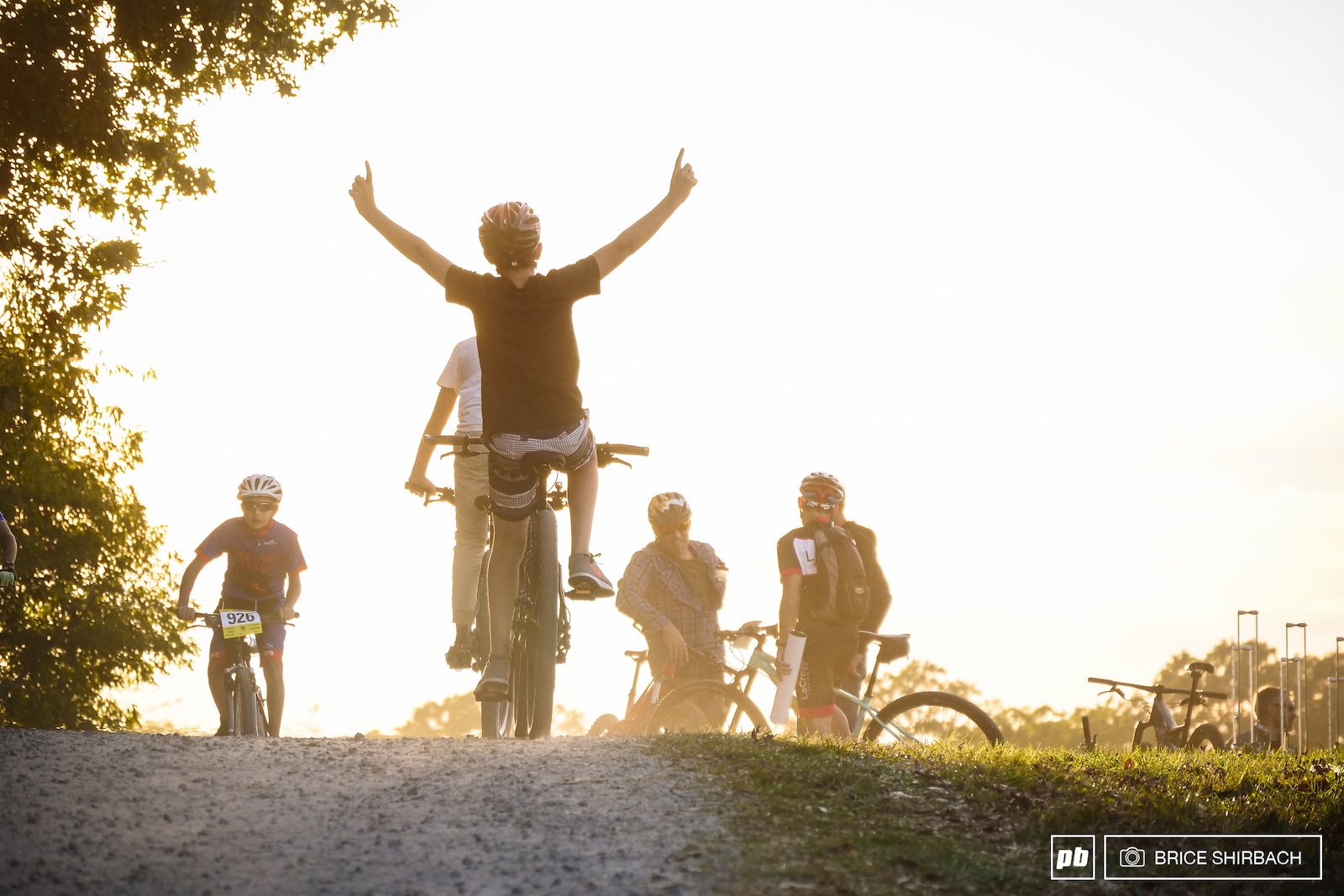
More information, including events, schedules, and how to get involved with the National Interscholastic Cycling Association can be found here.
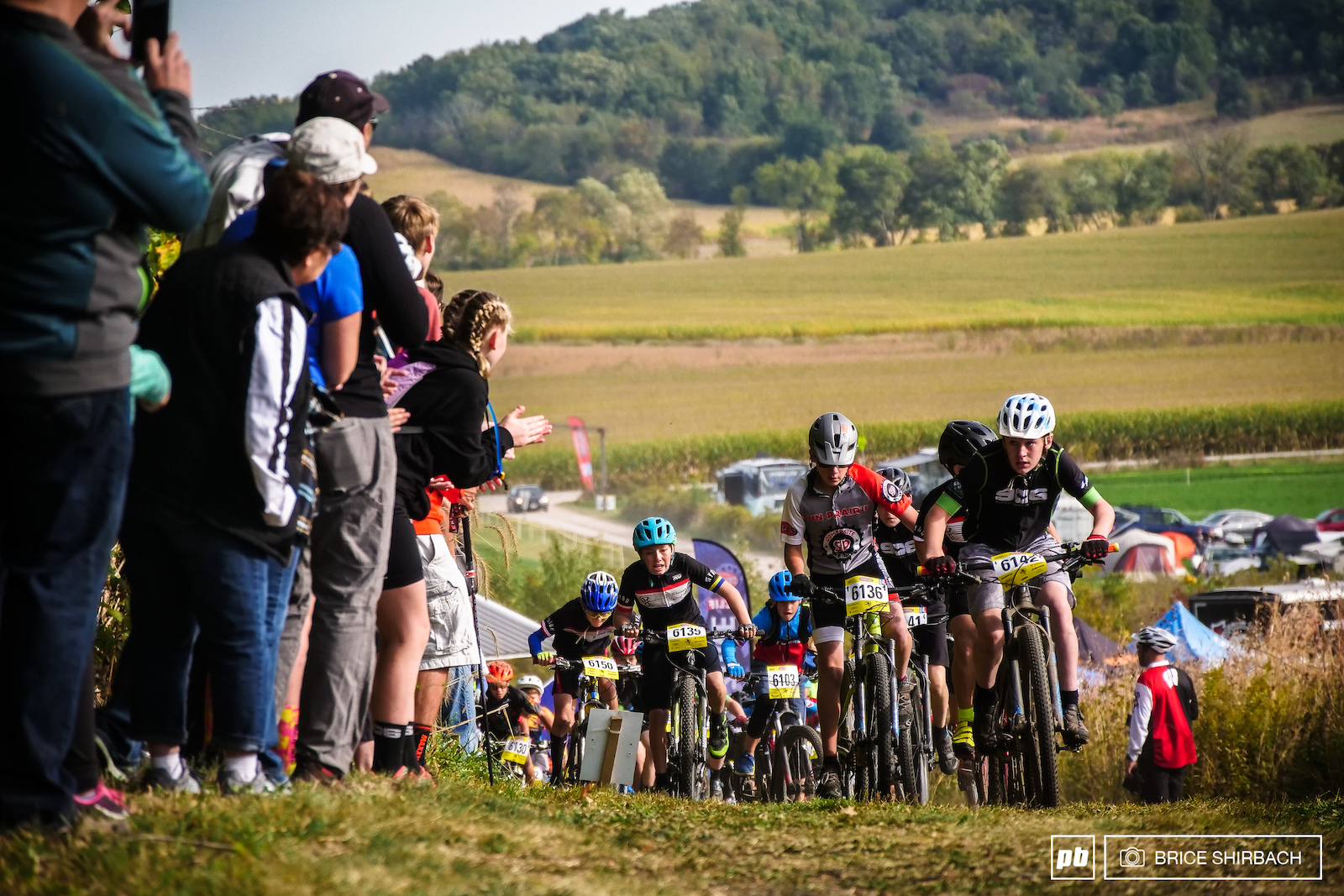
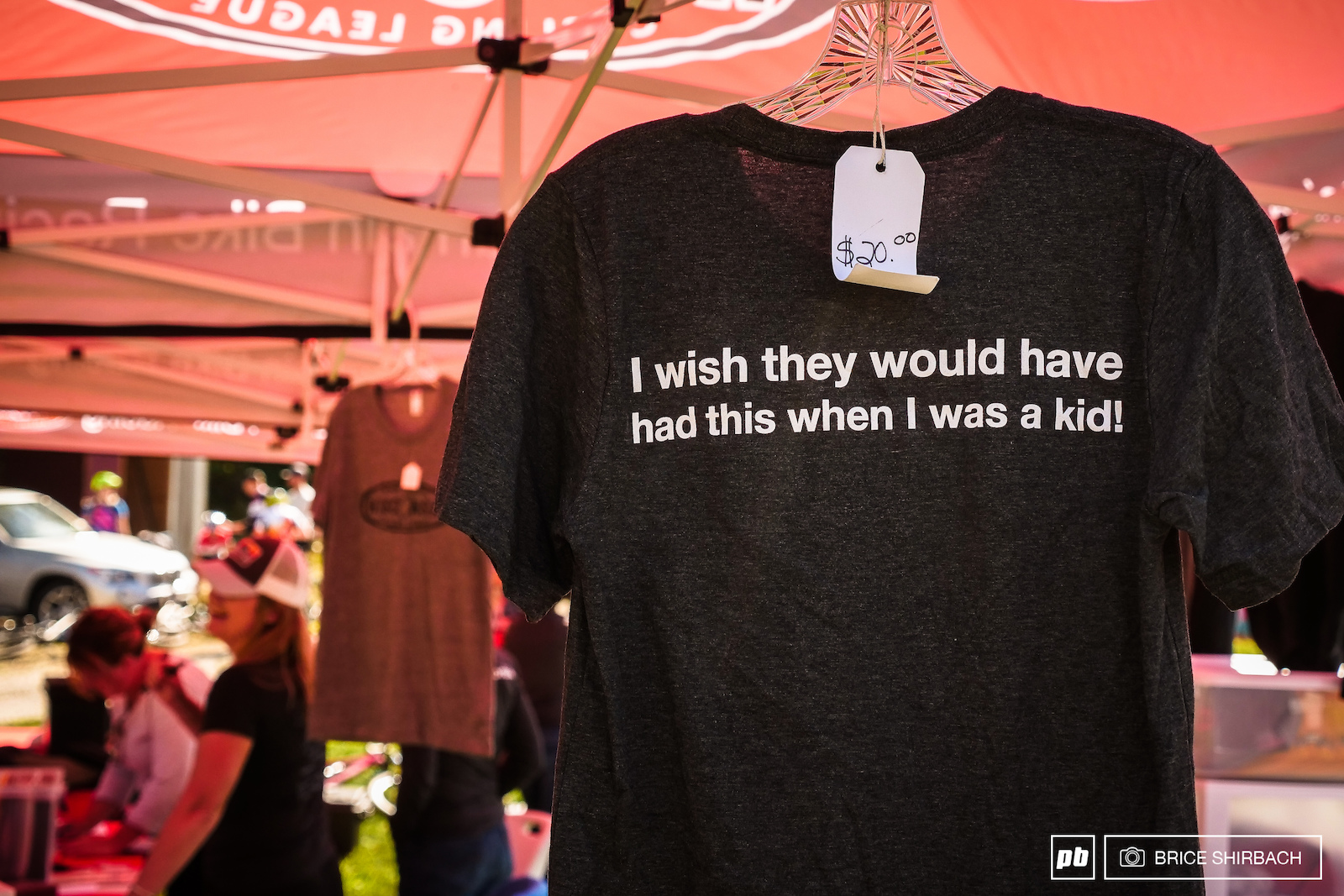
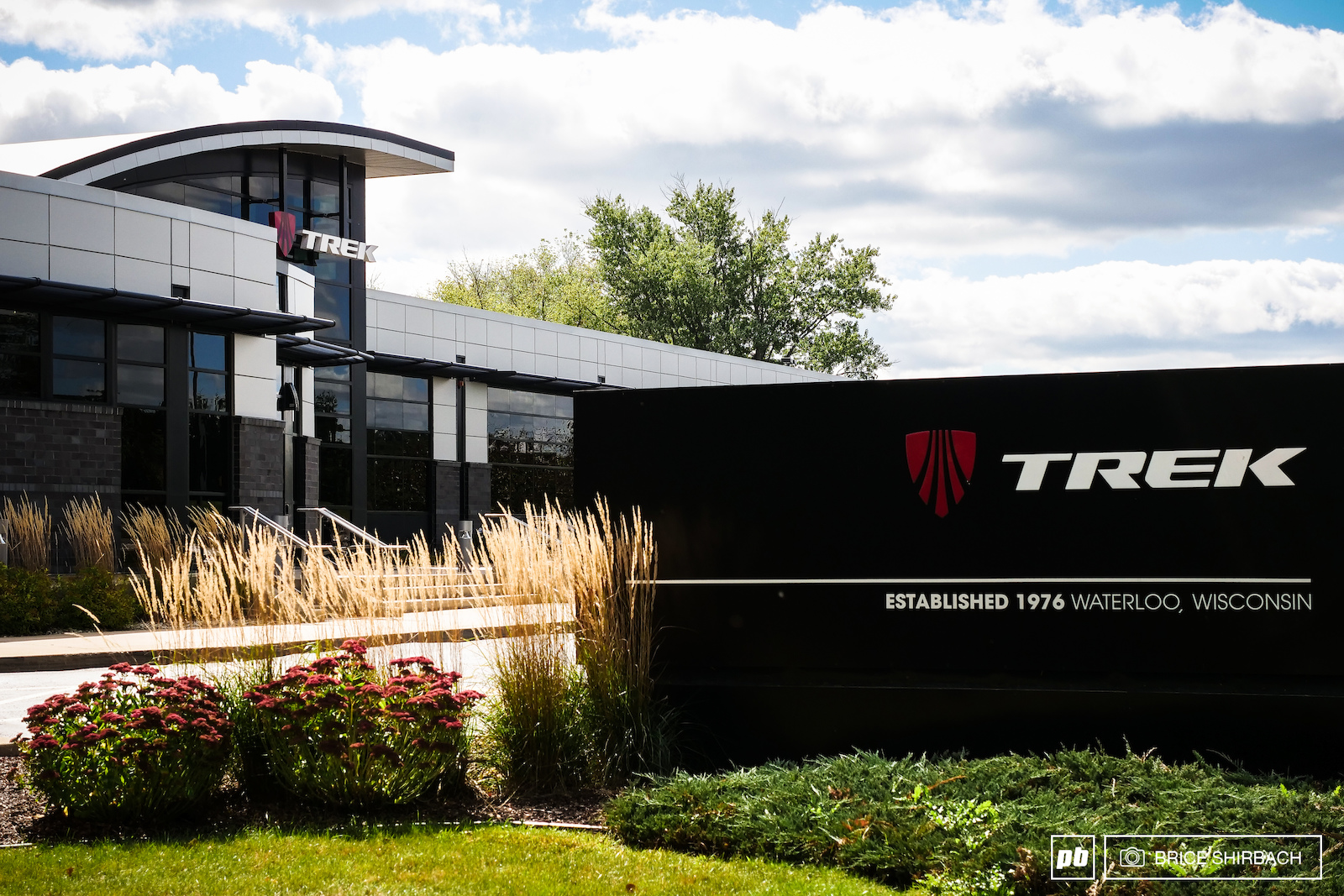
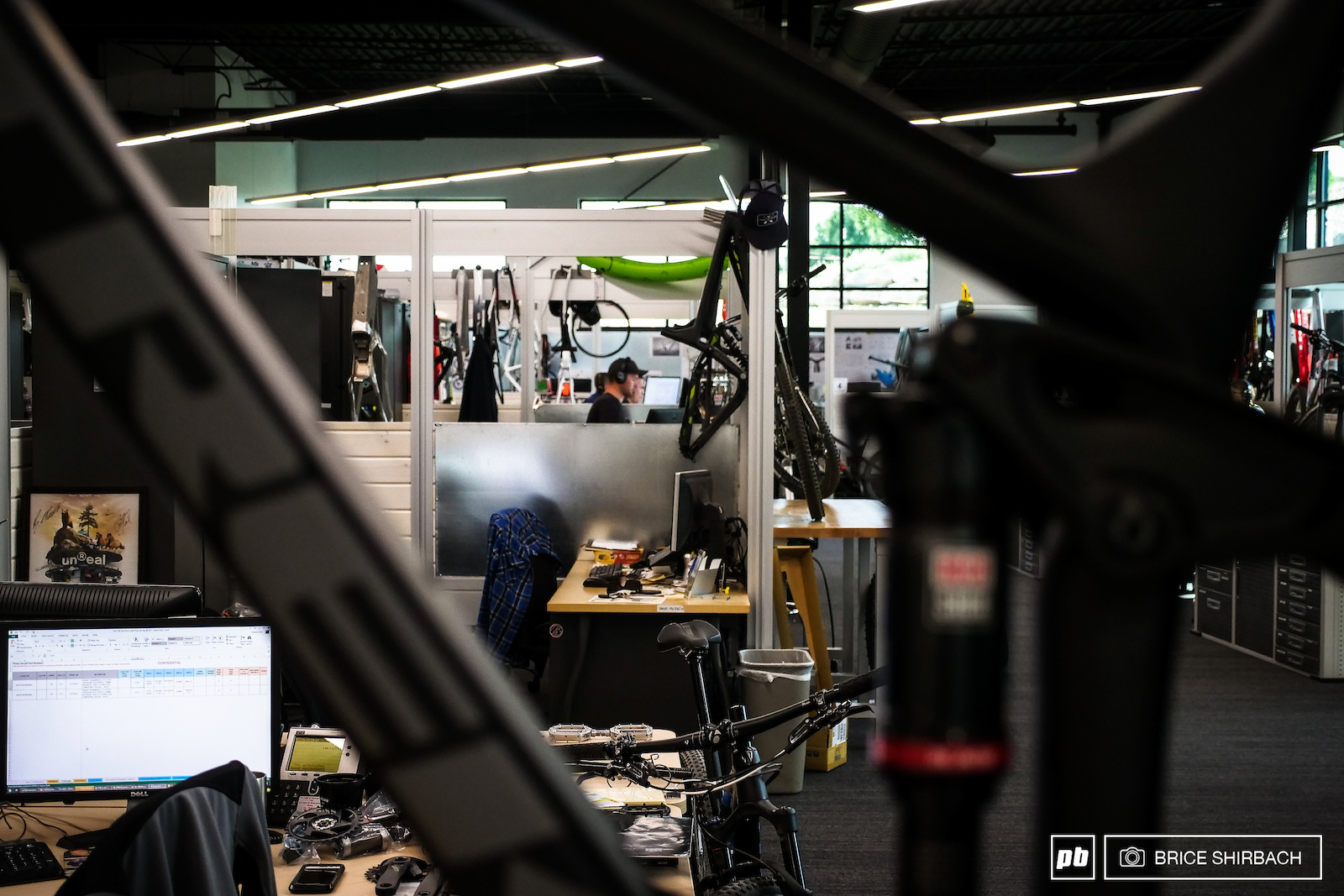
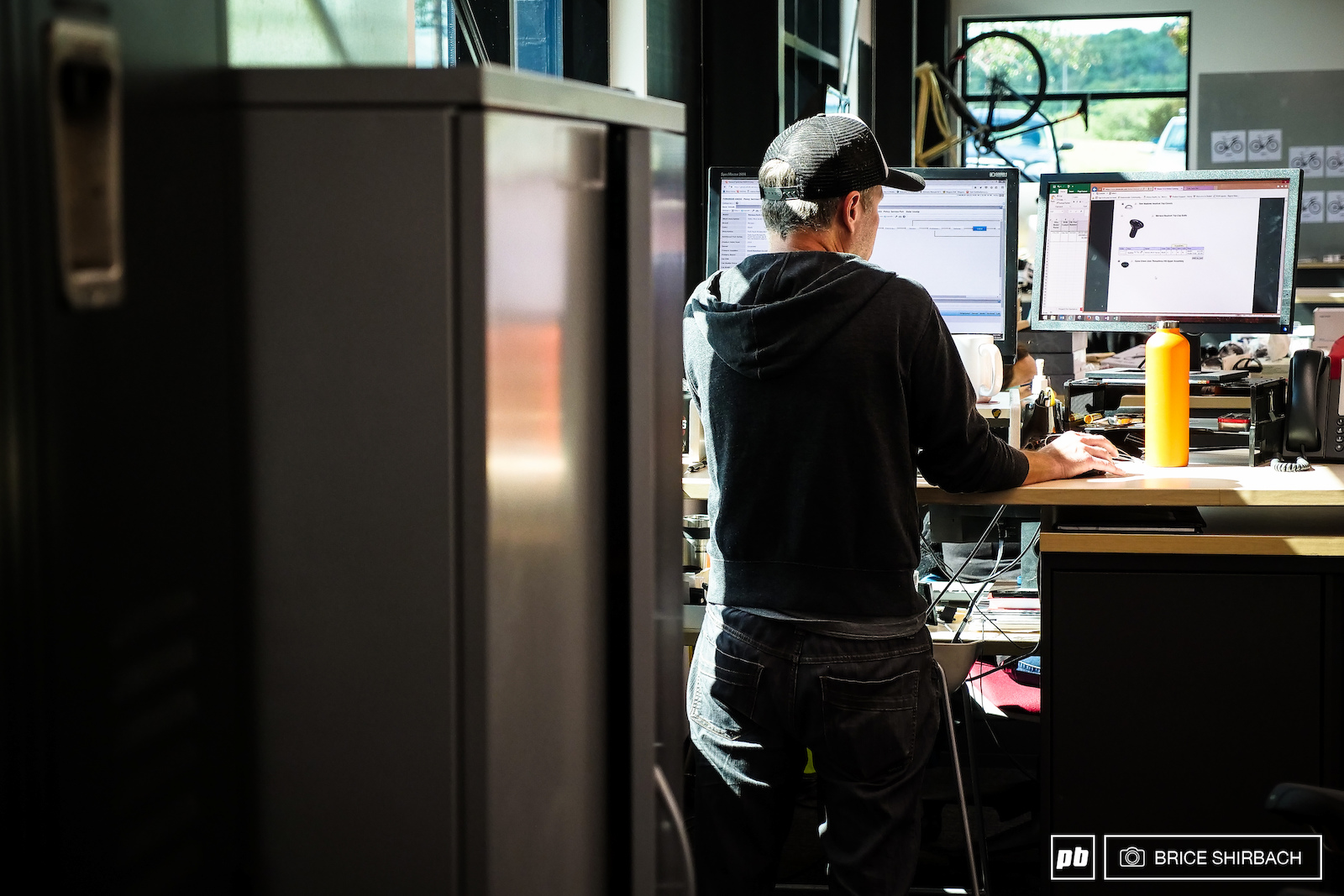
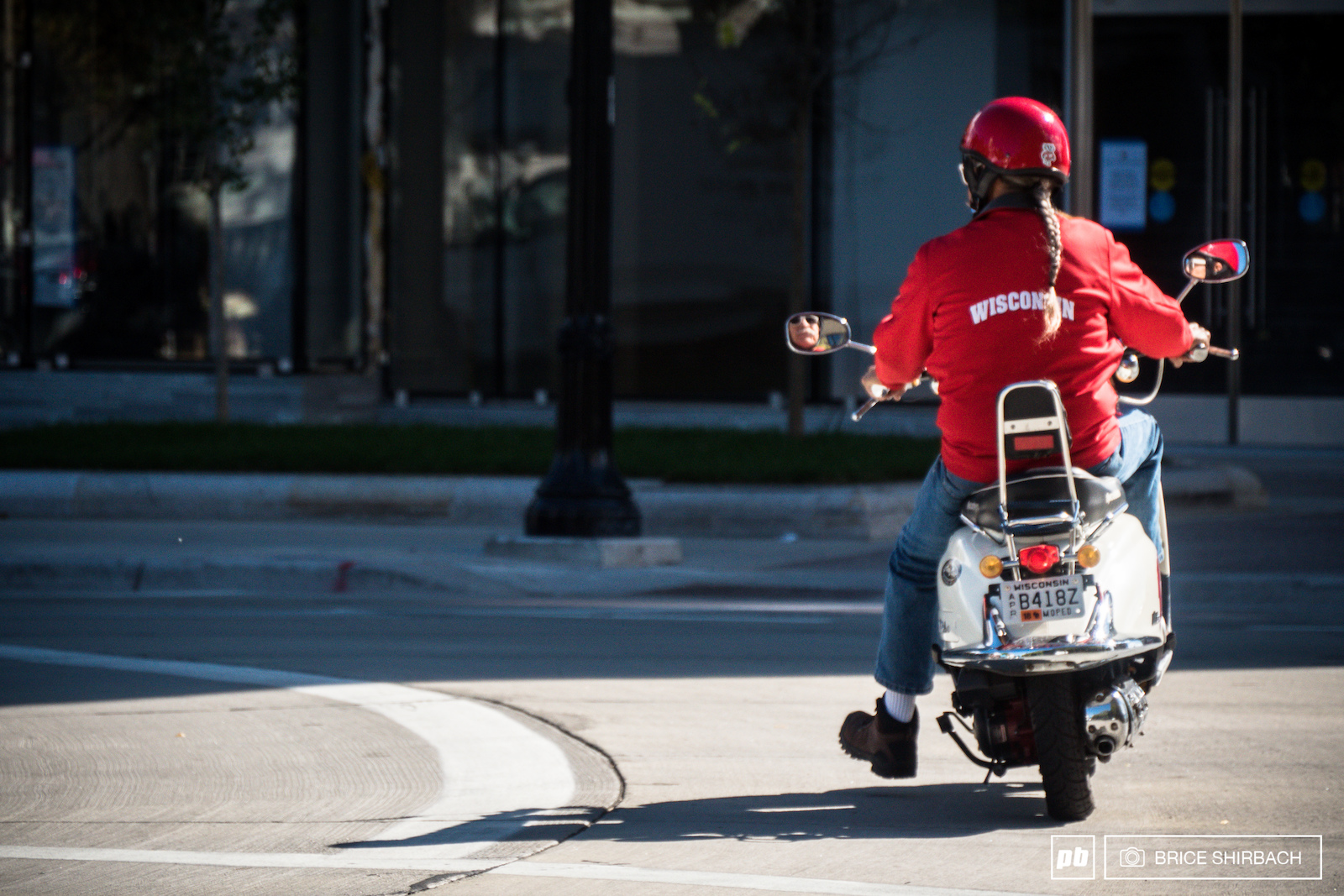
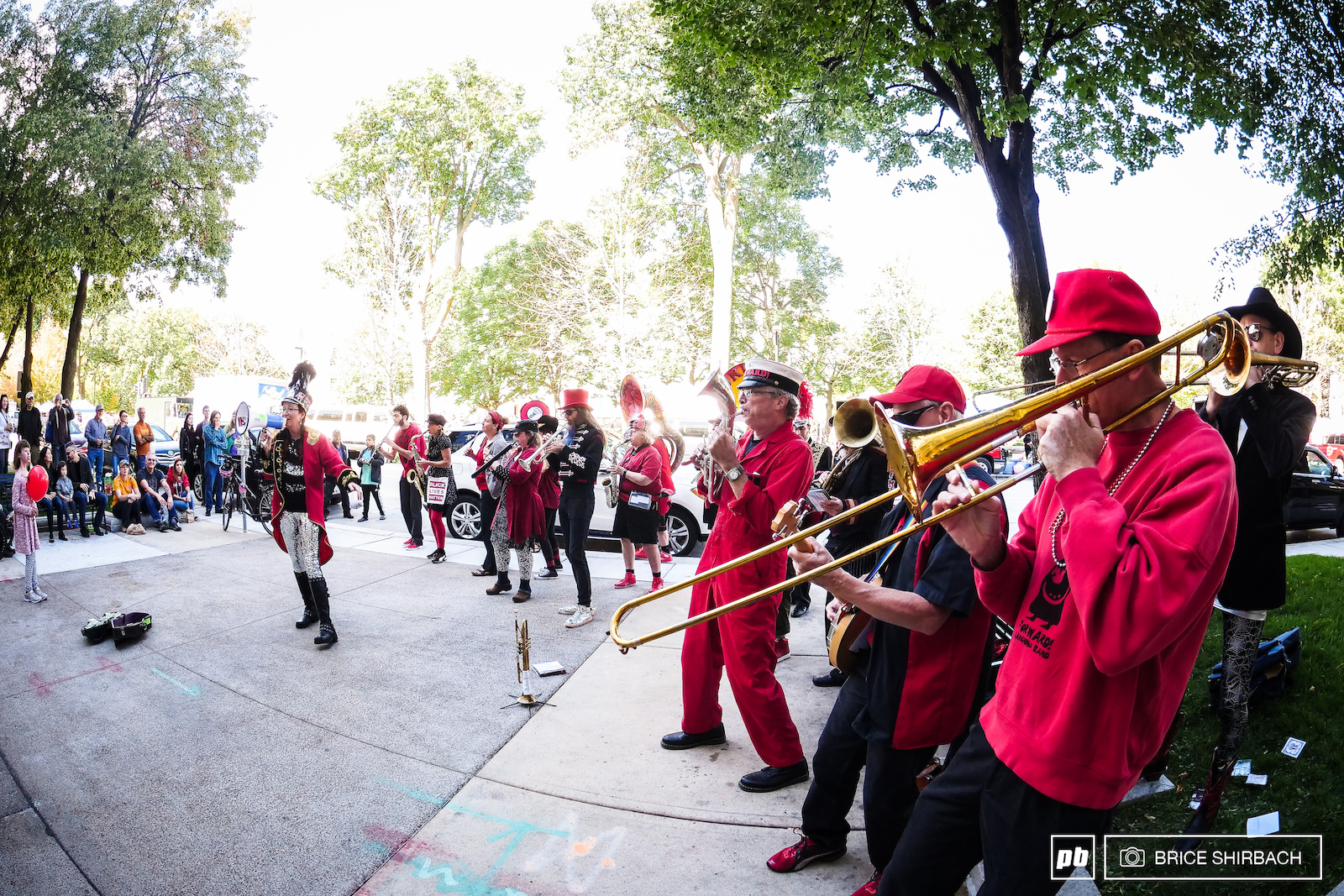
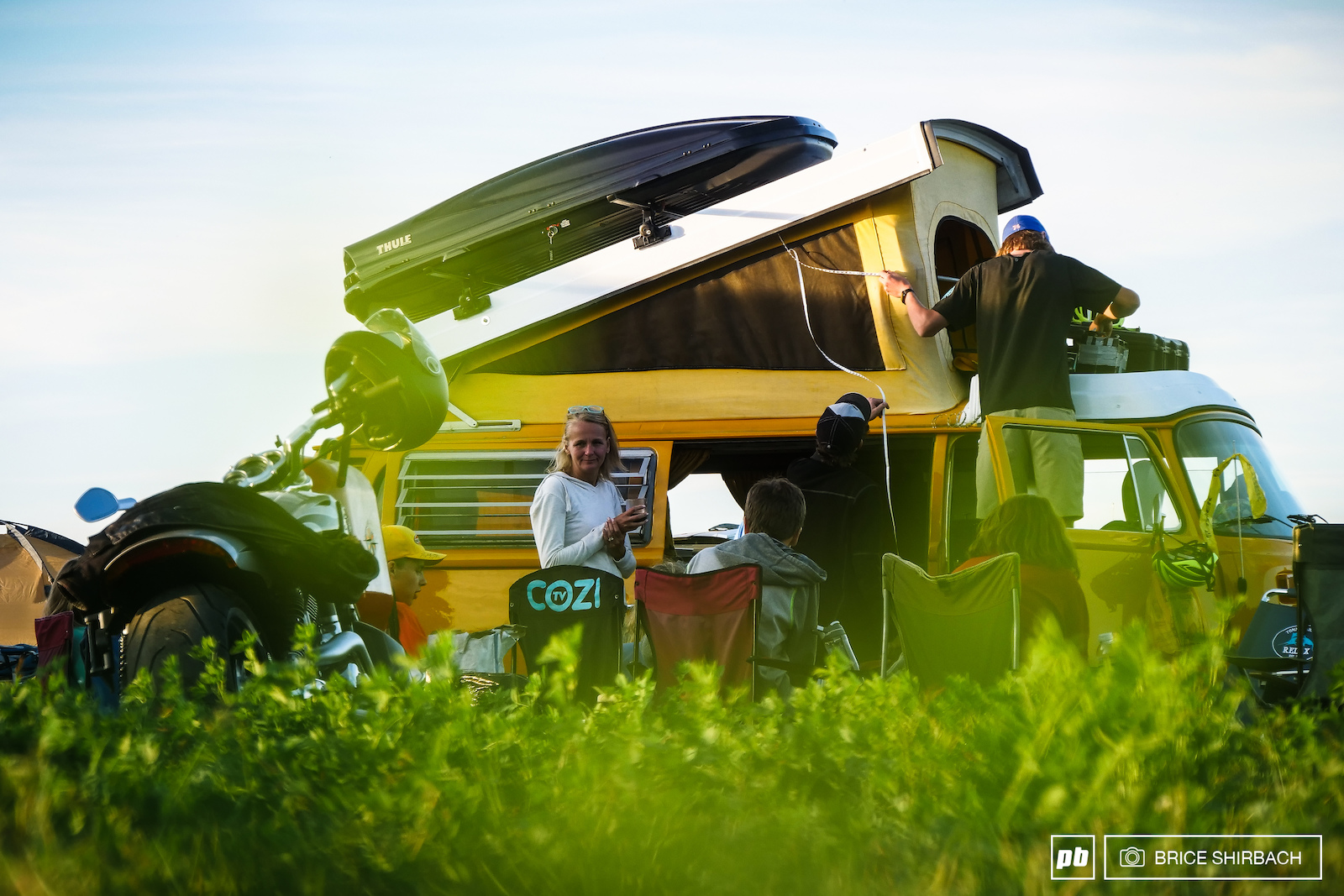
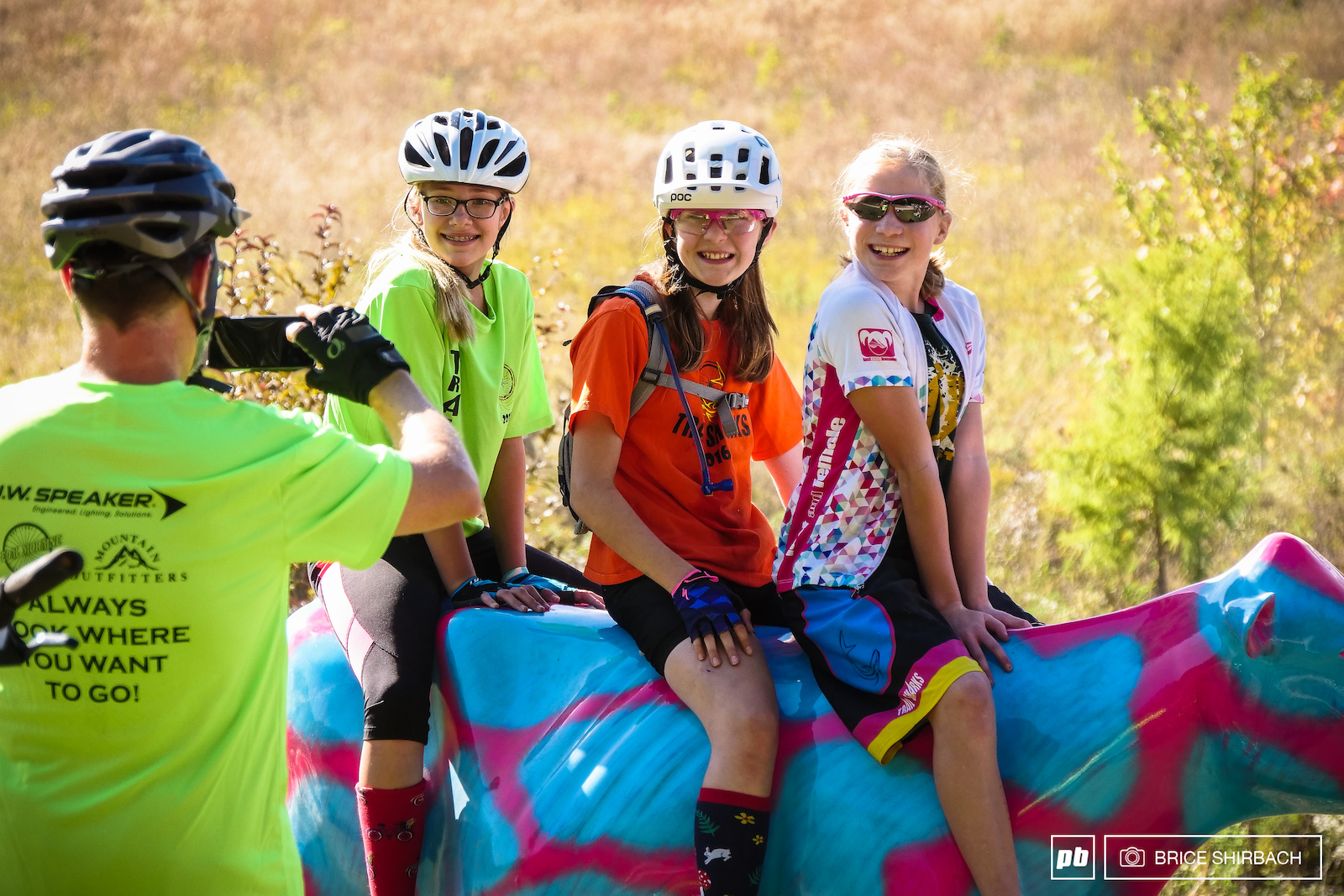
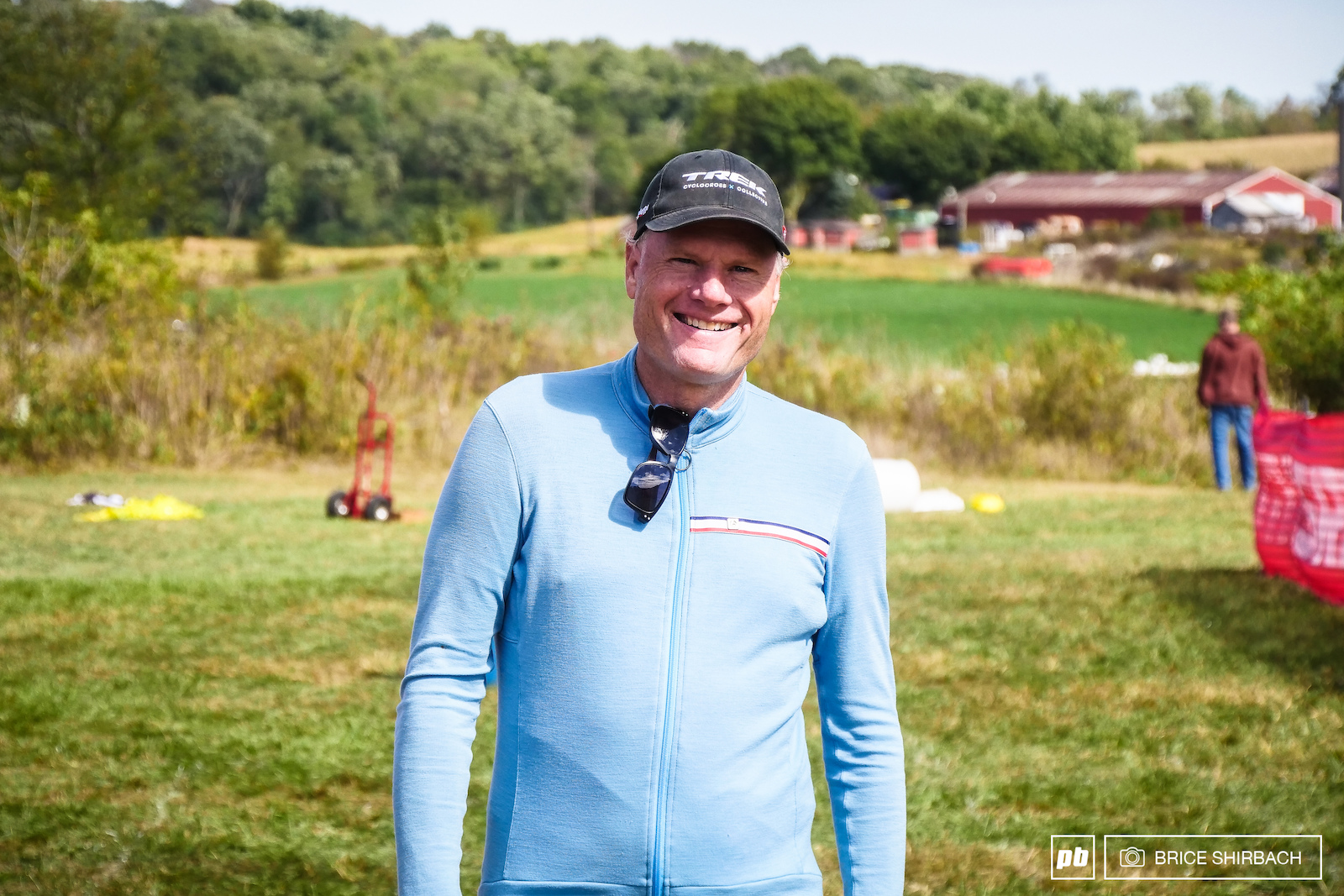
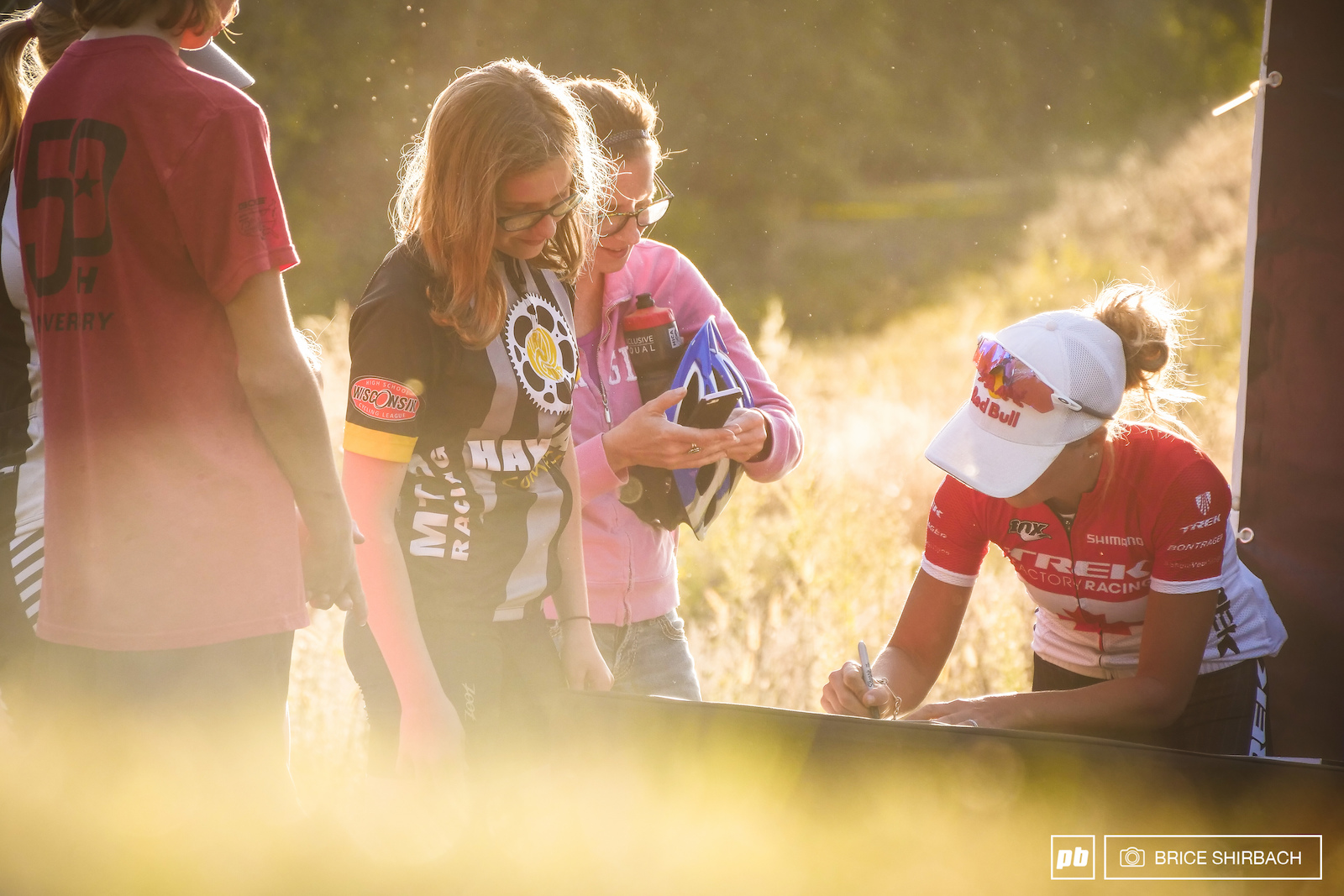
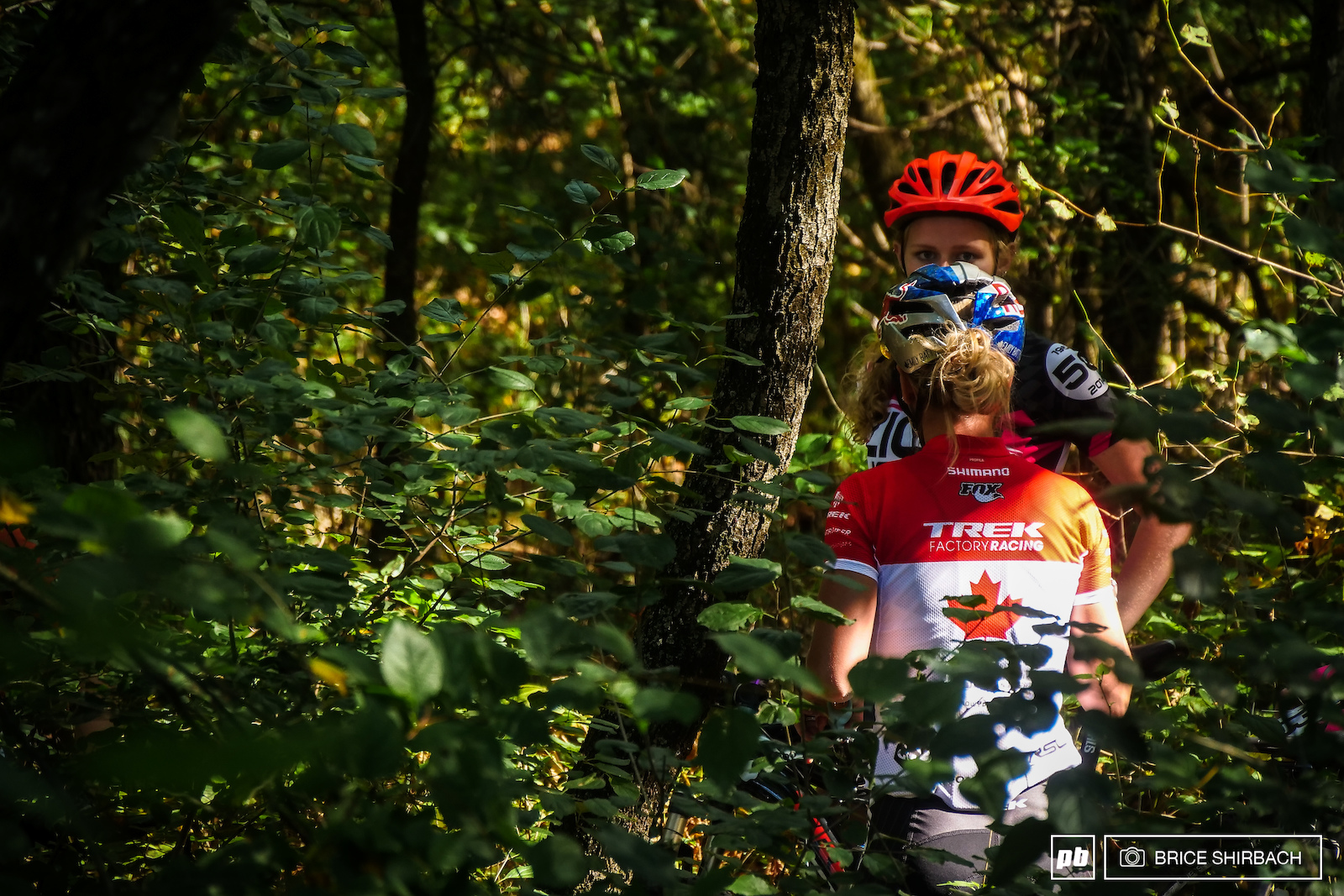
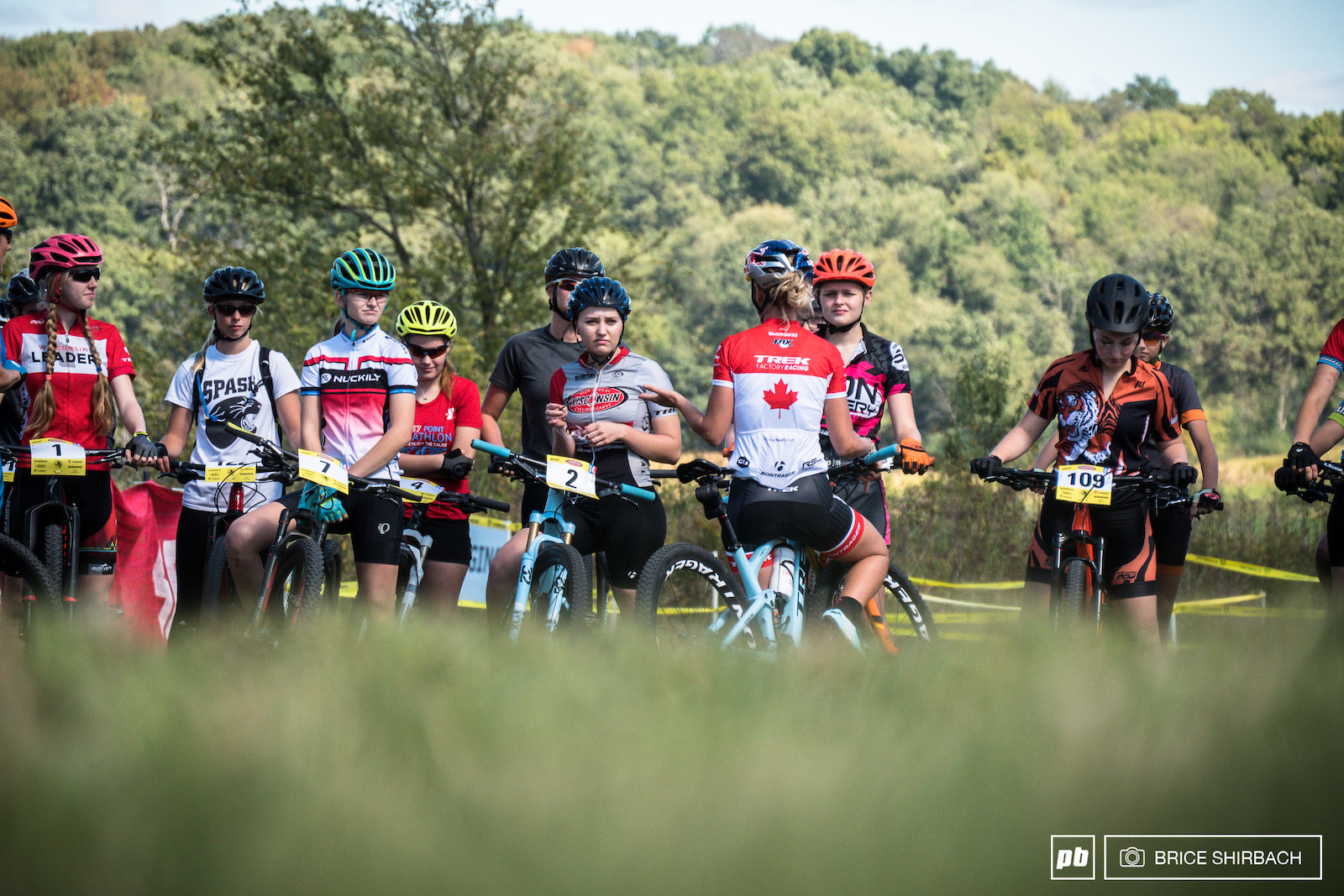
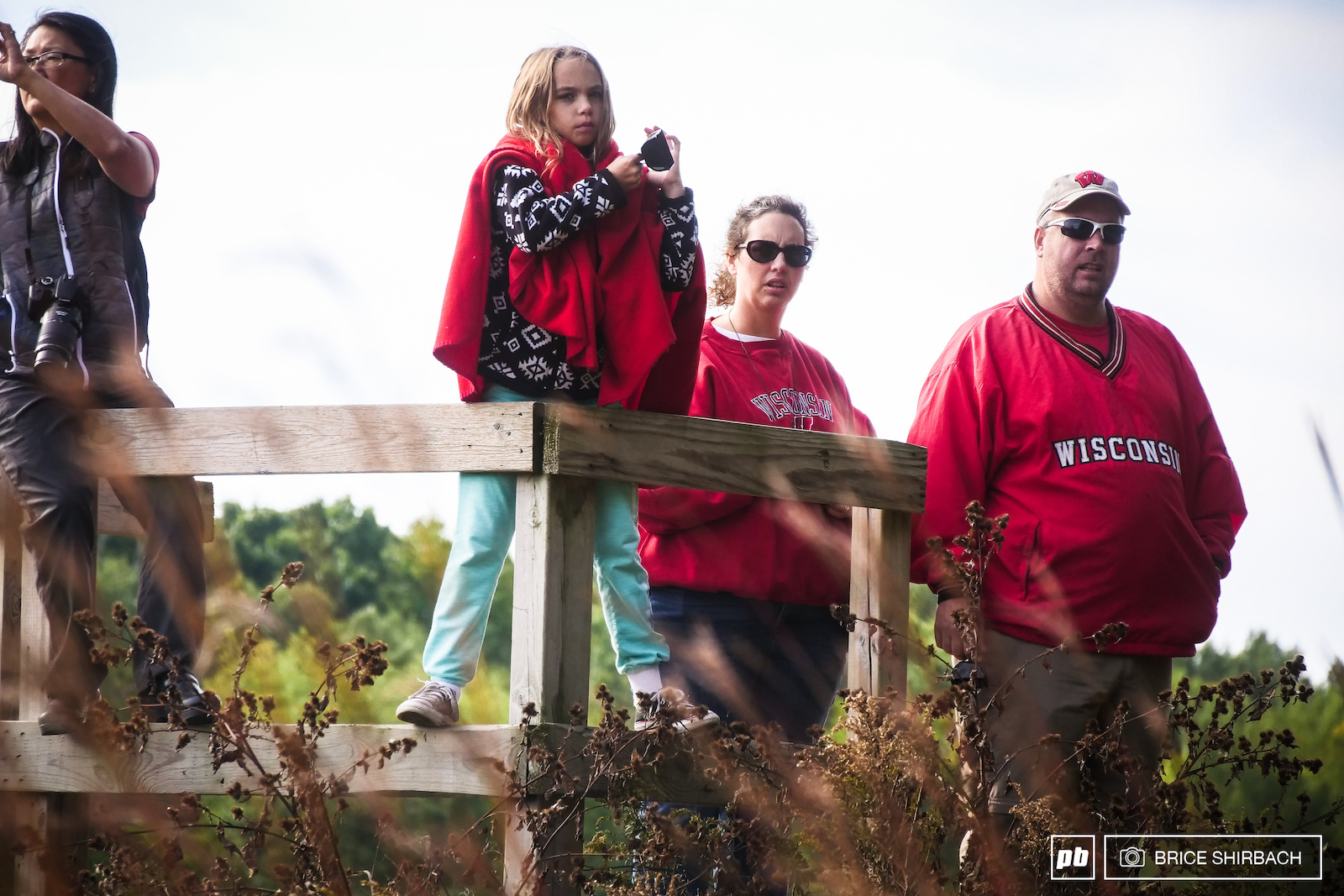
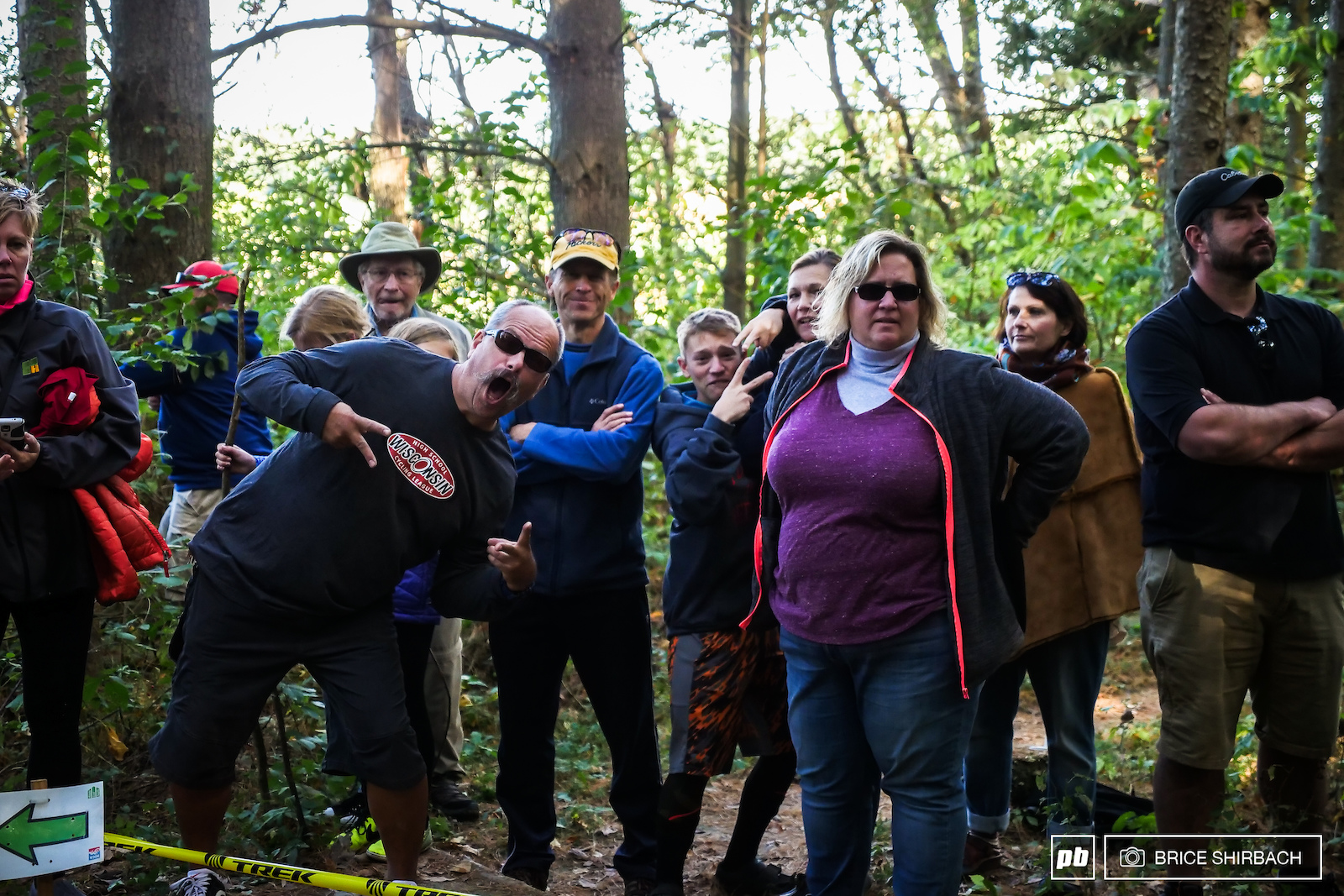
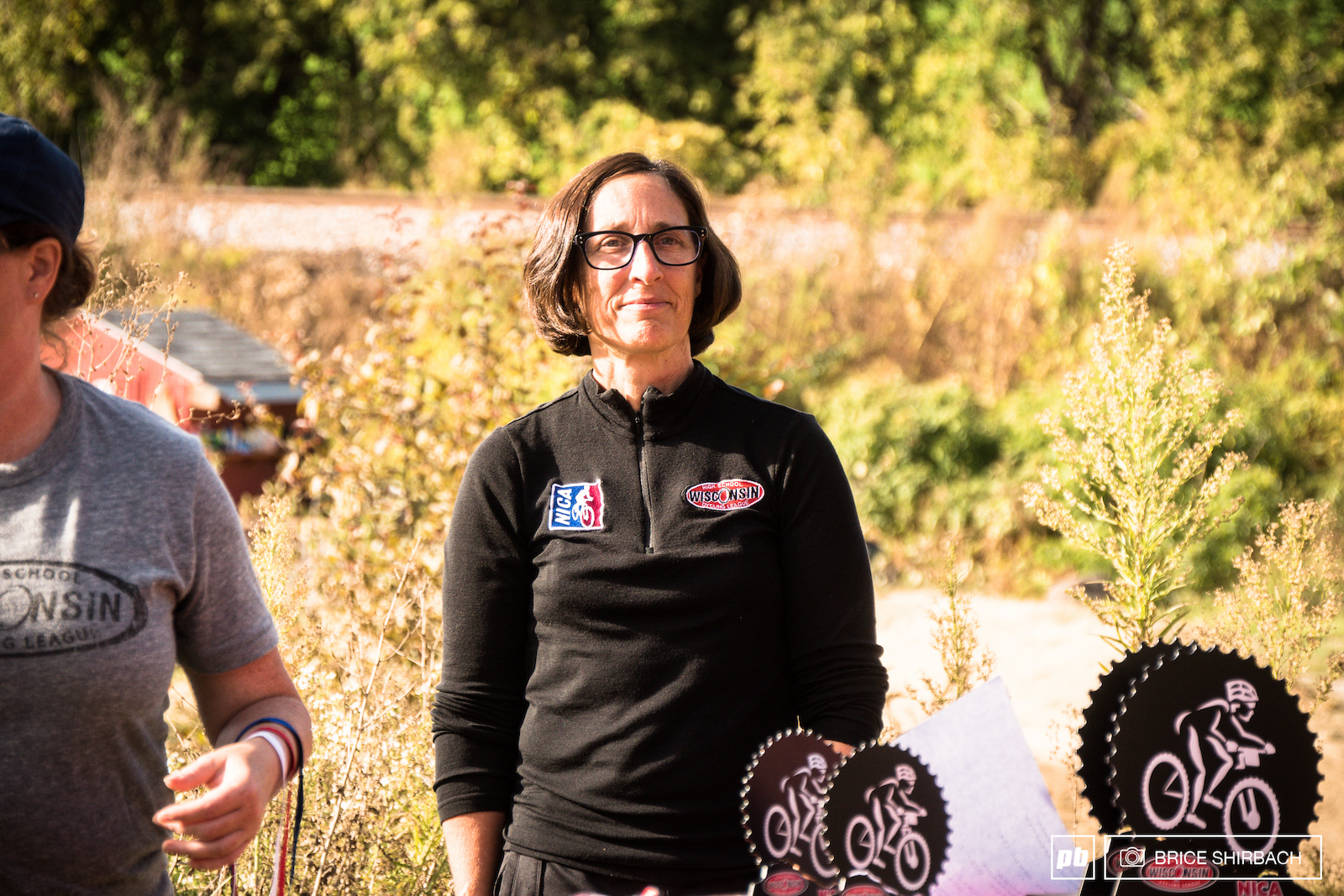
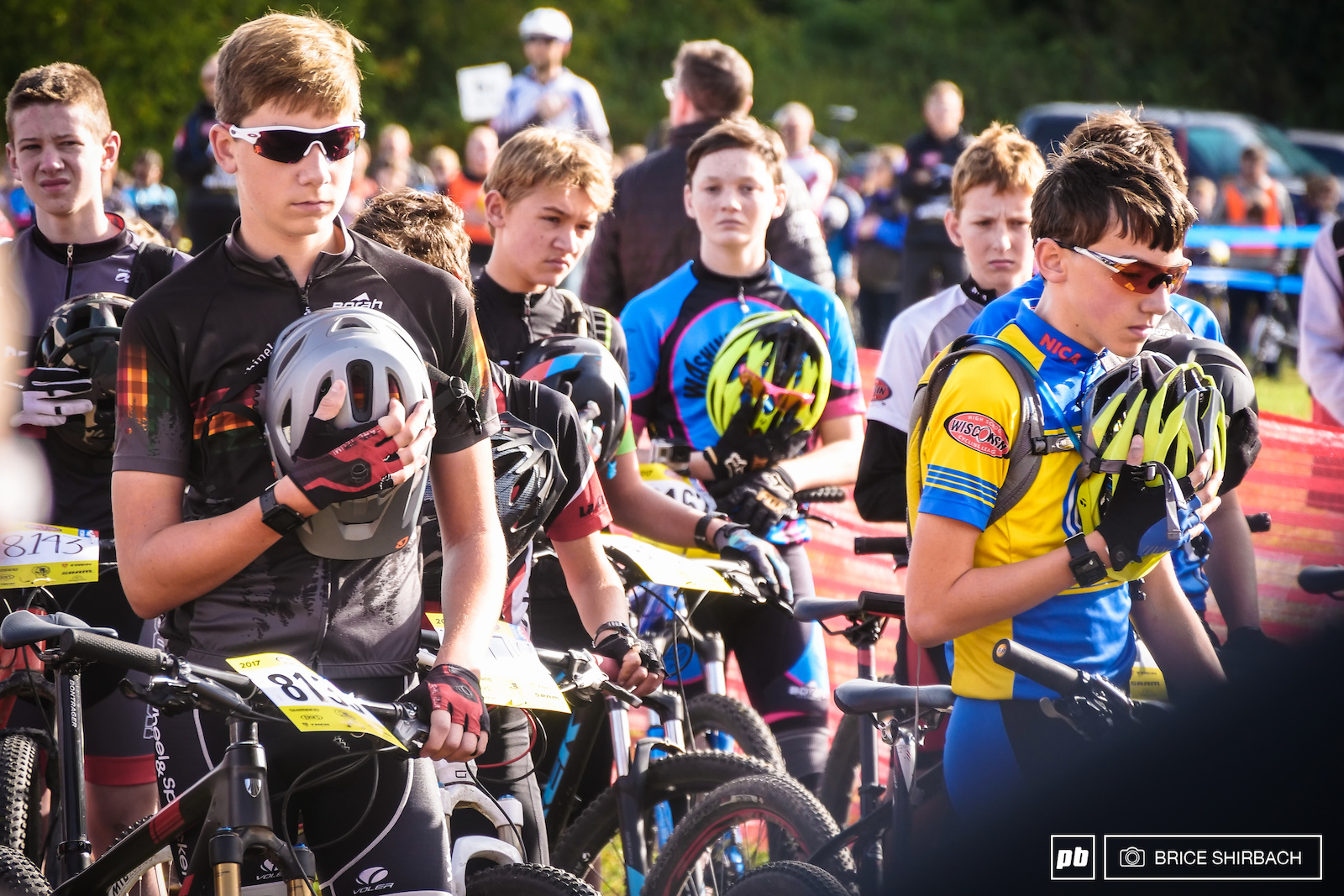
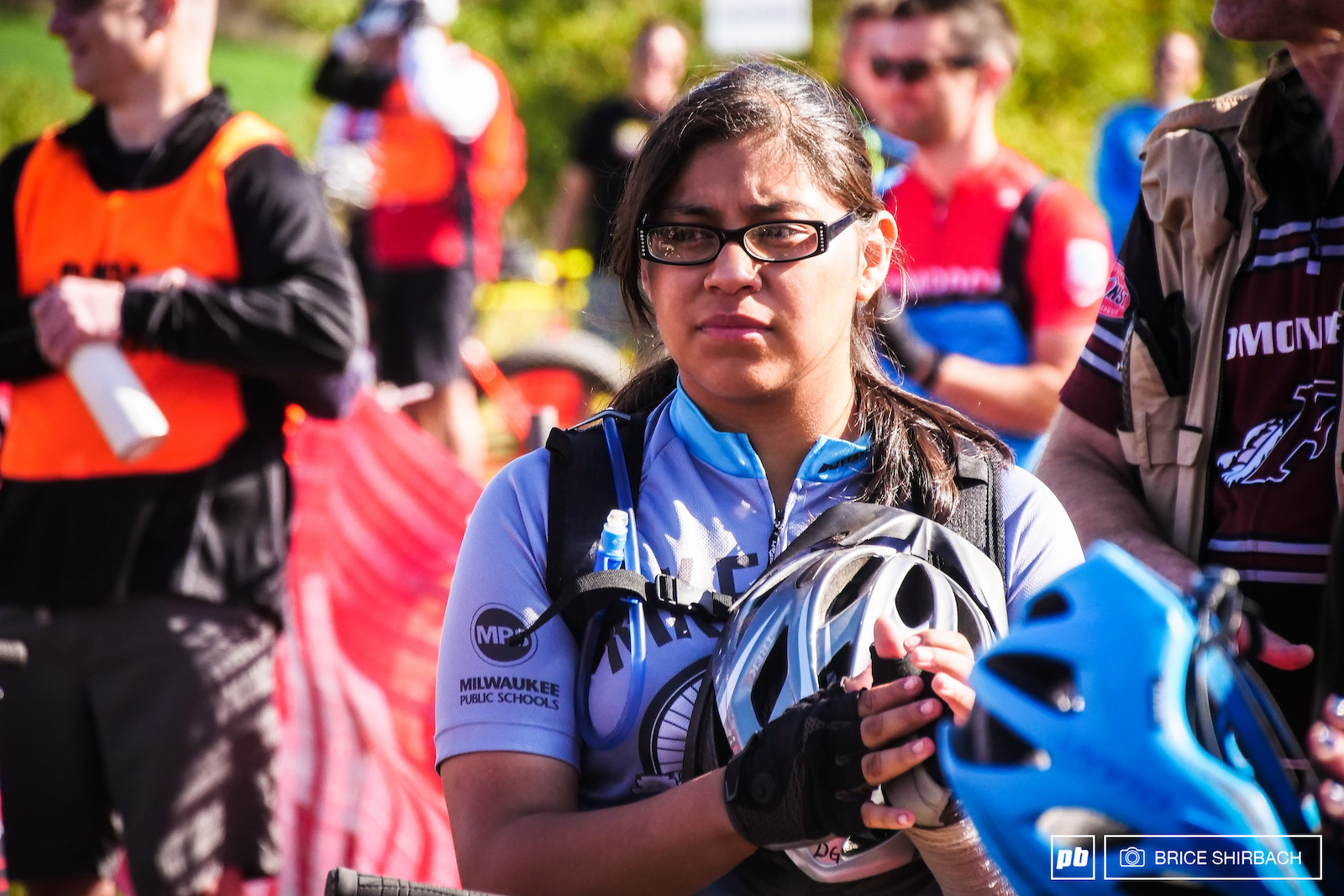
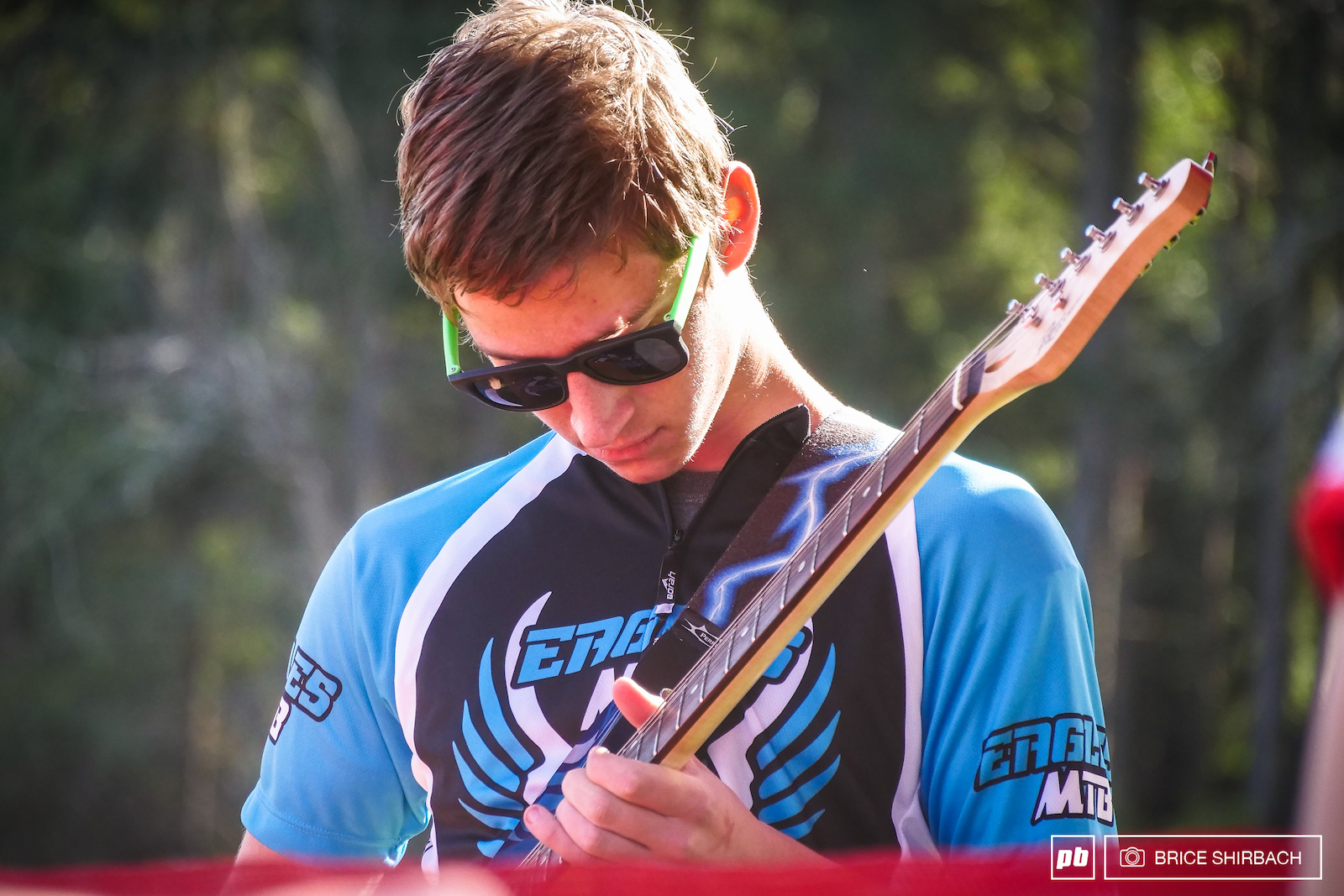
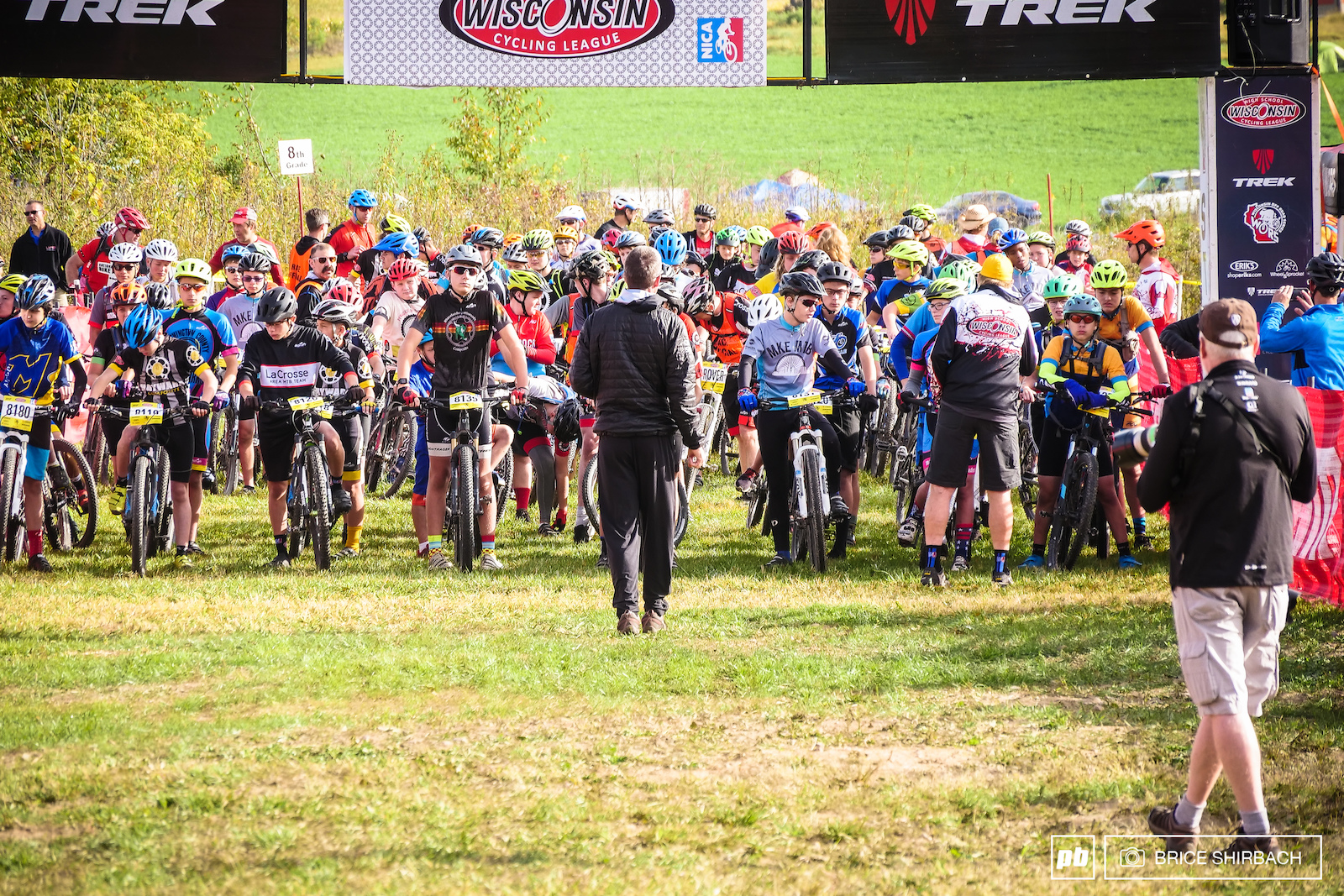
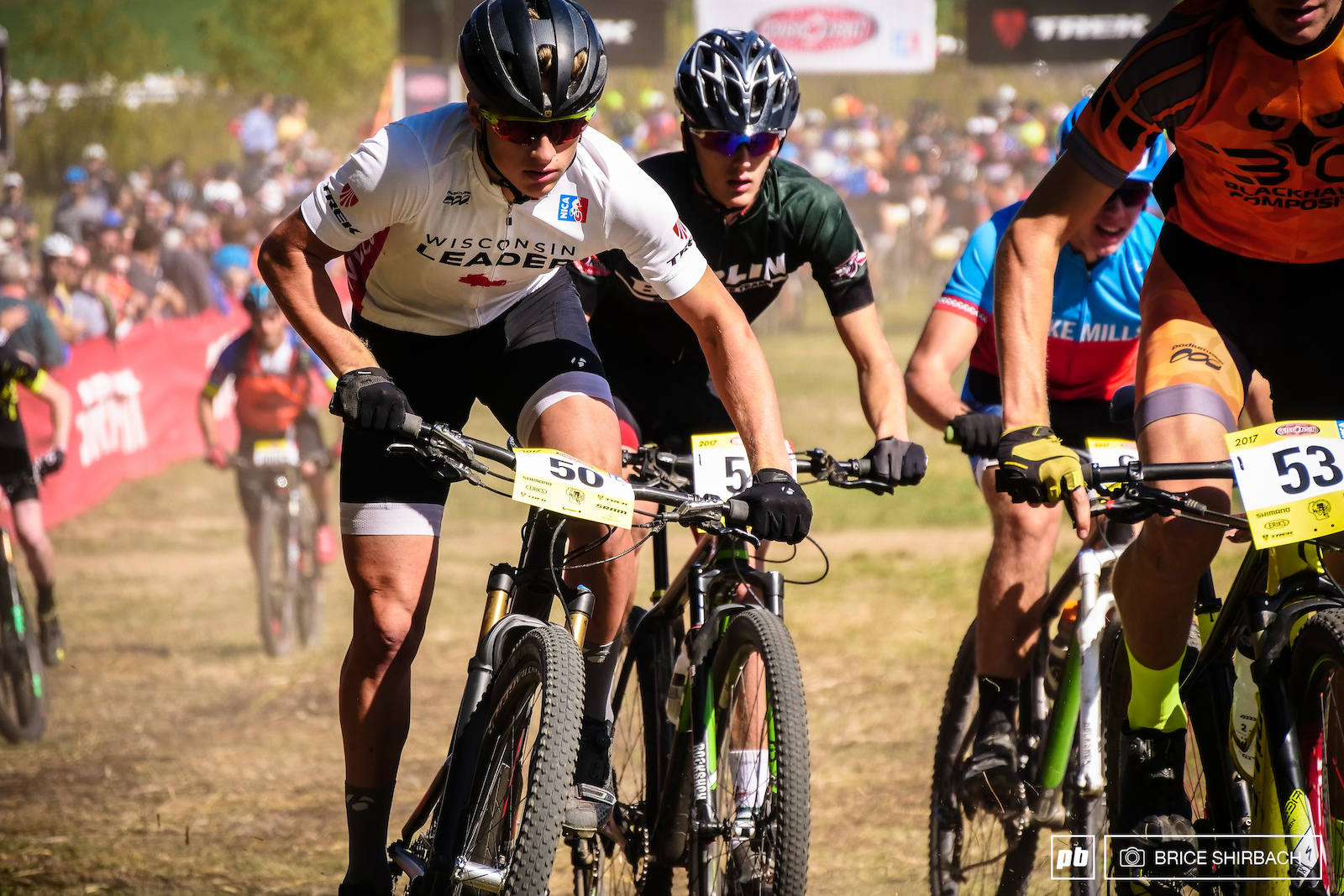
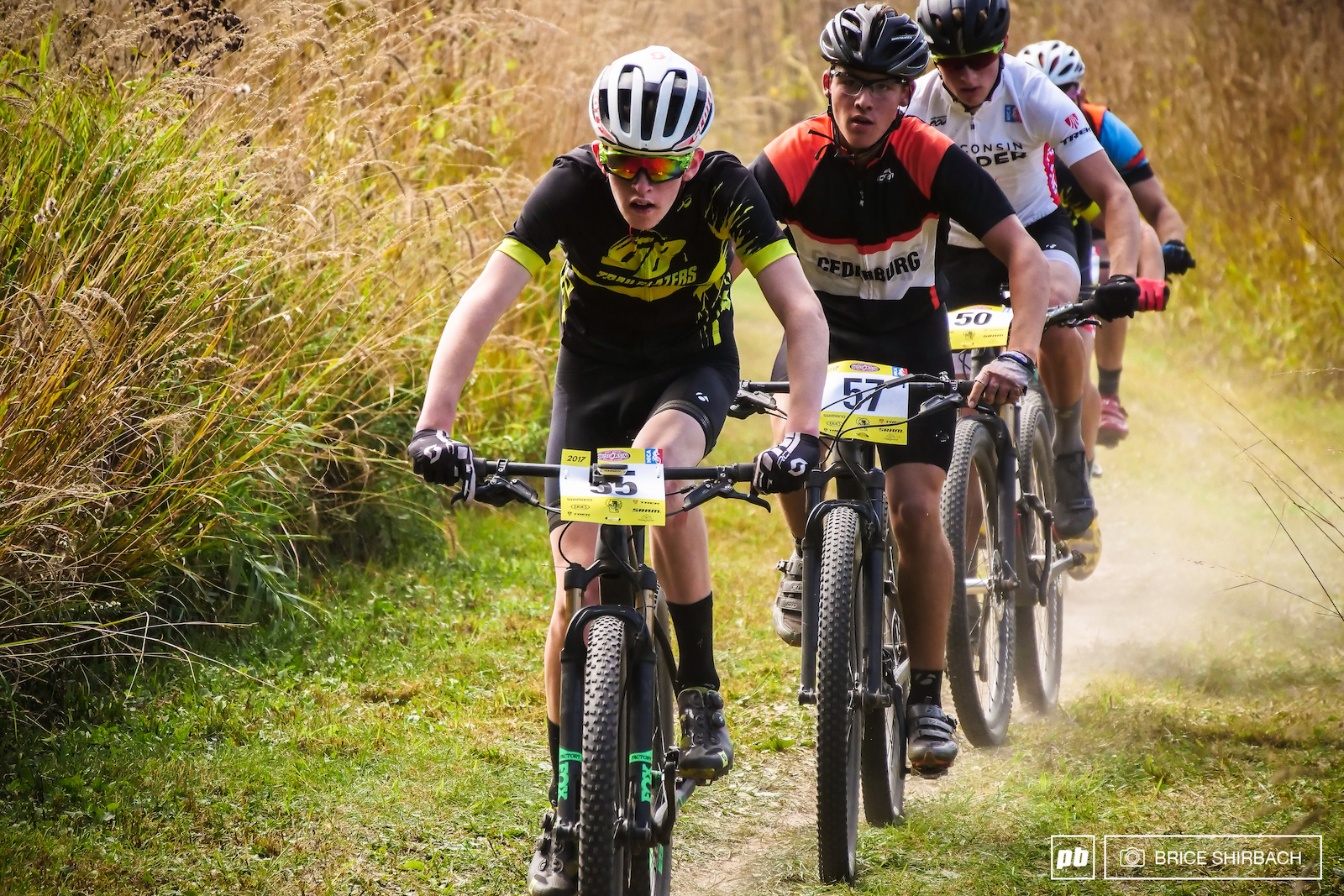
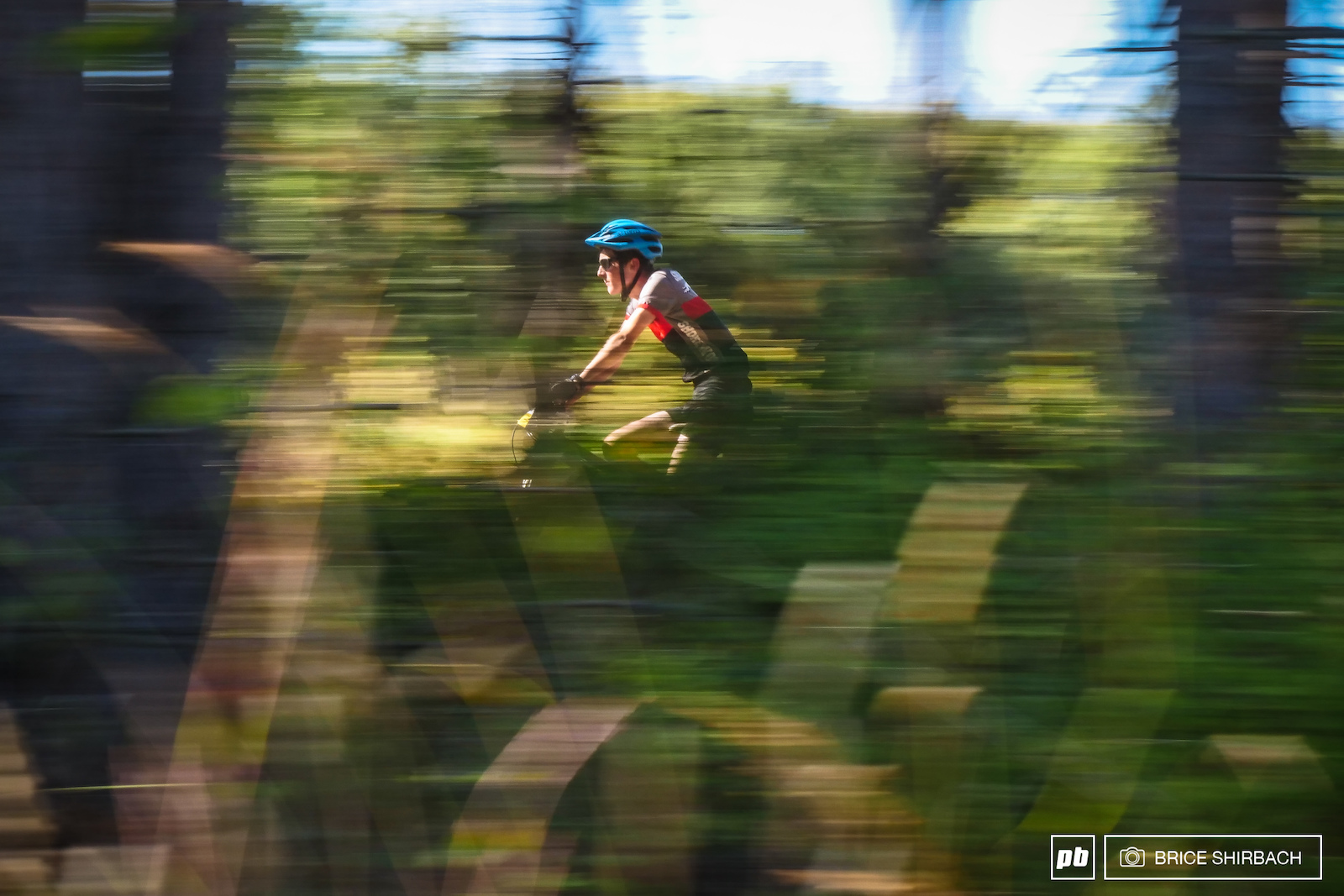
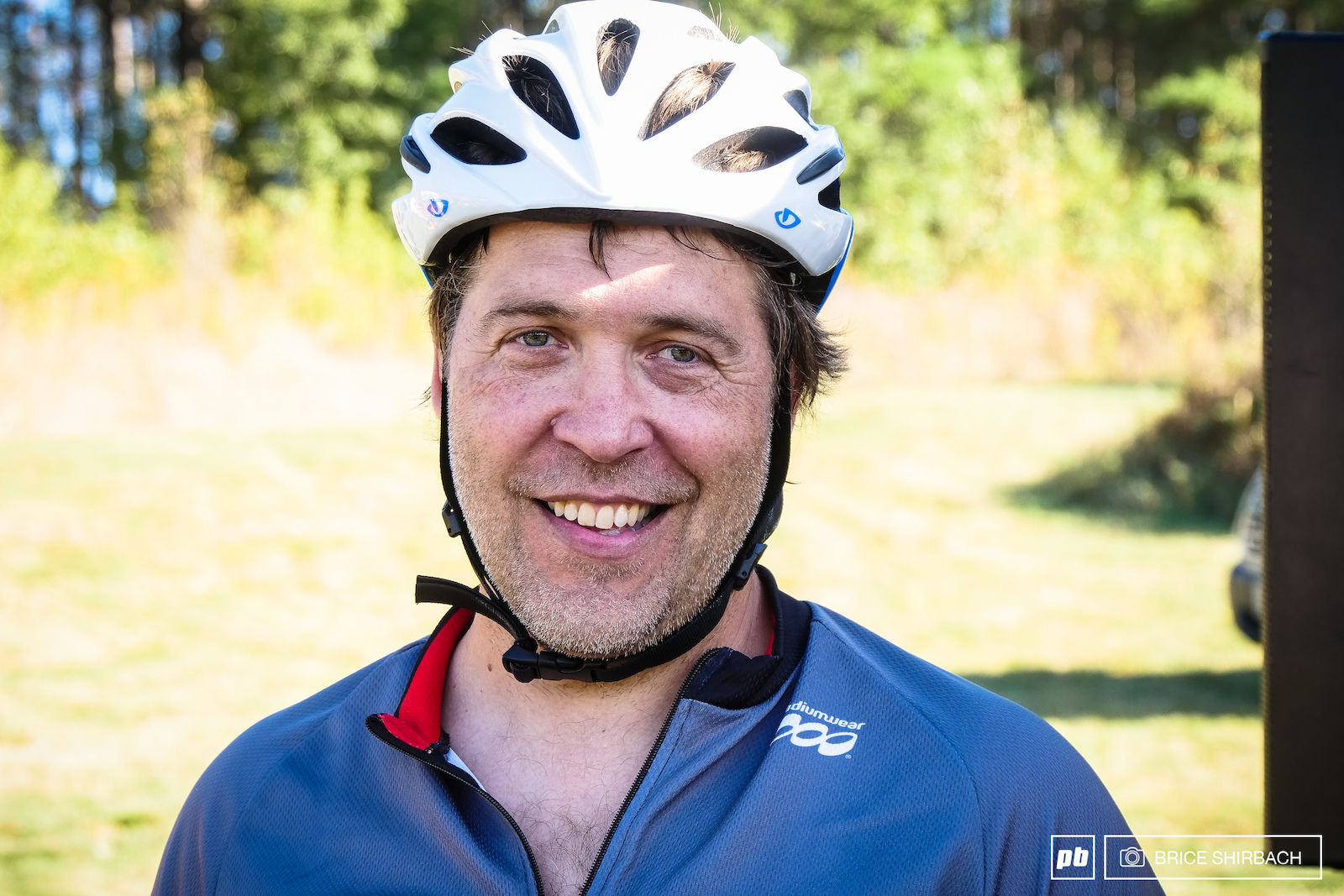
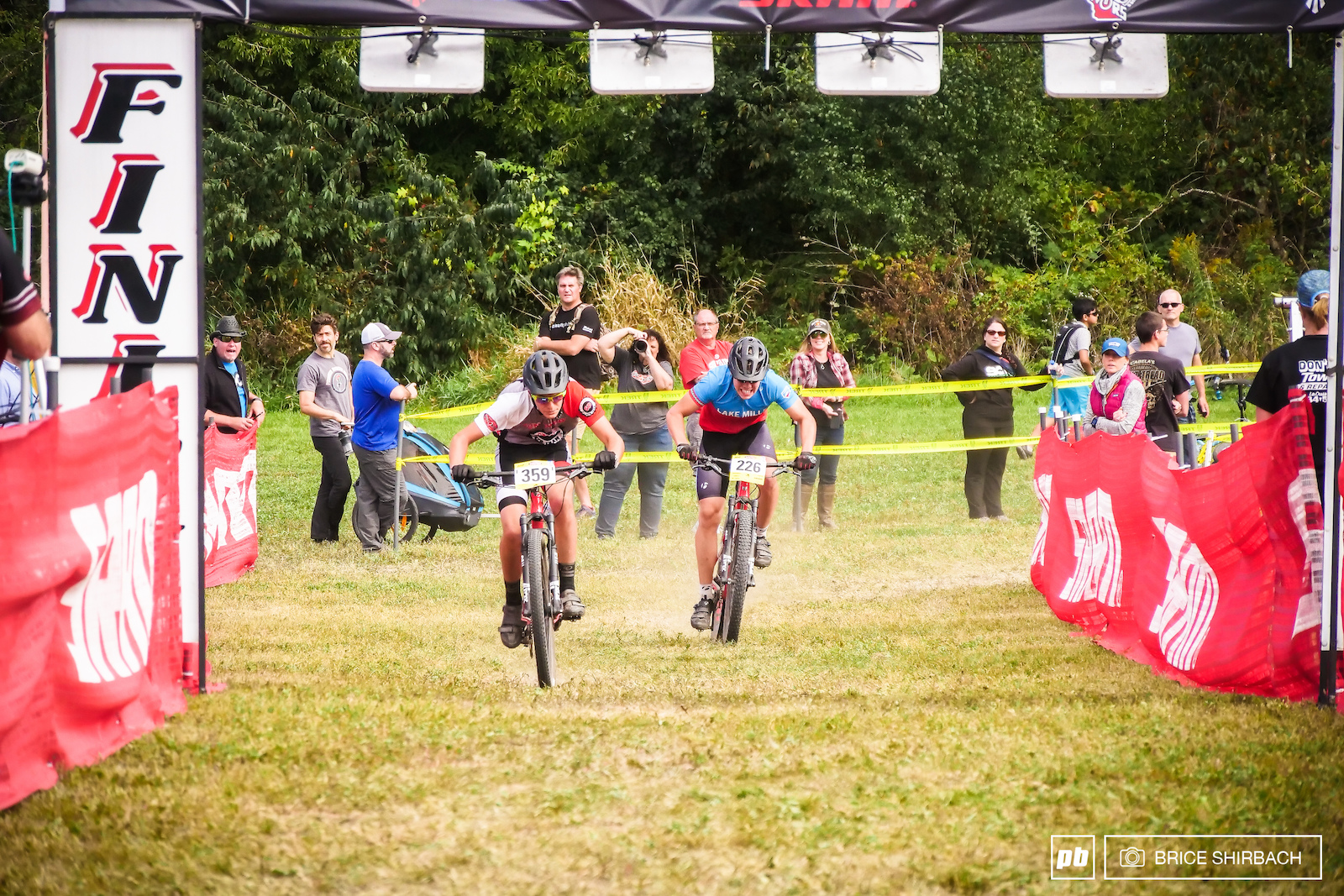
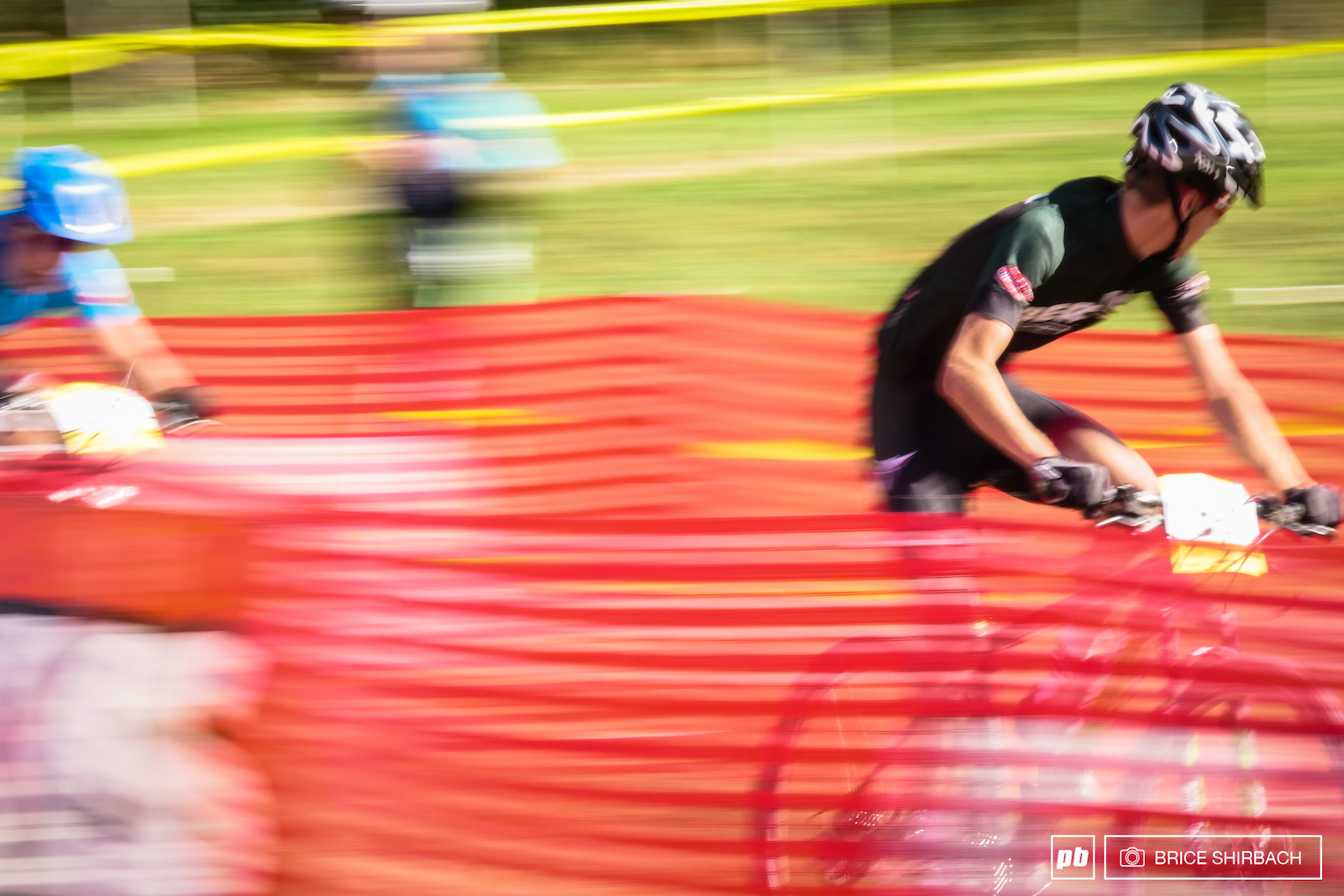
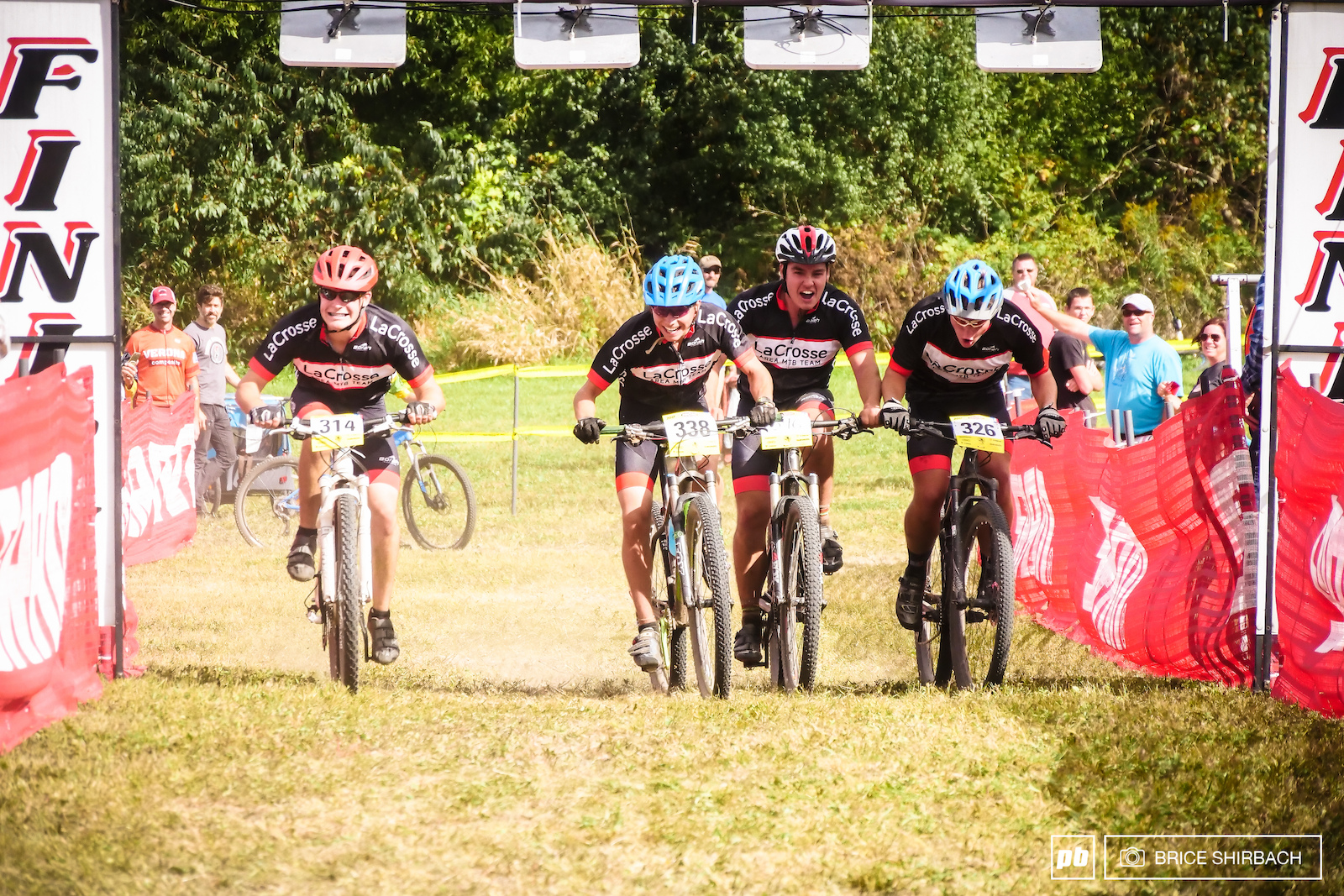
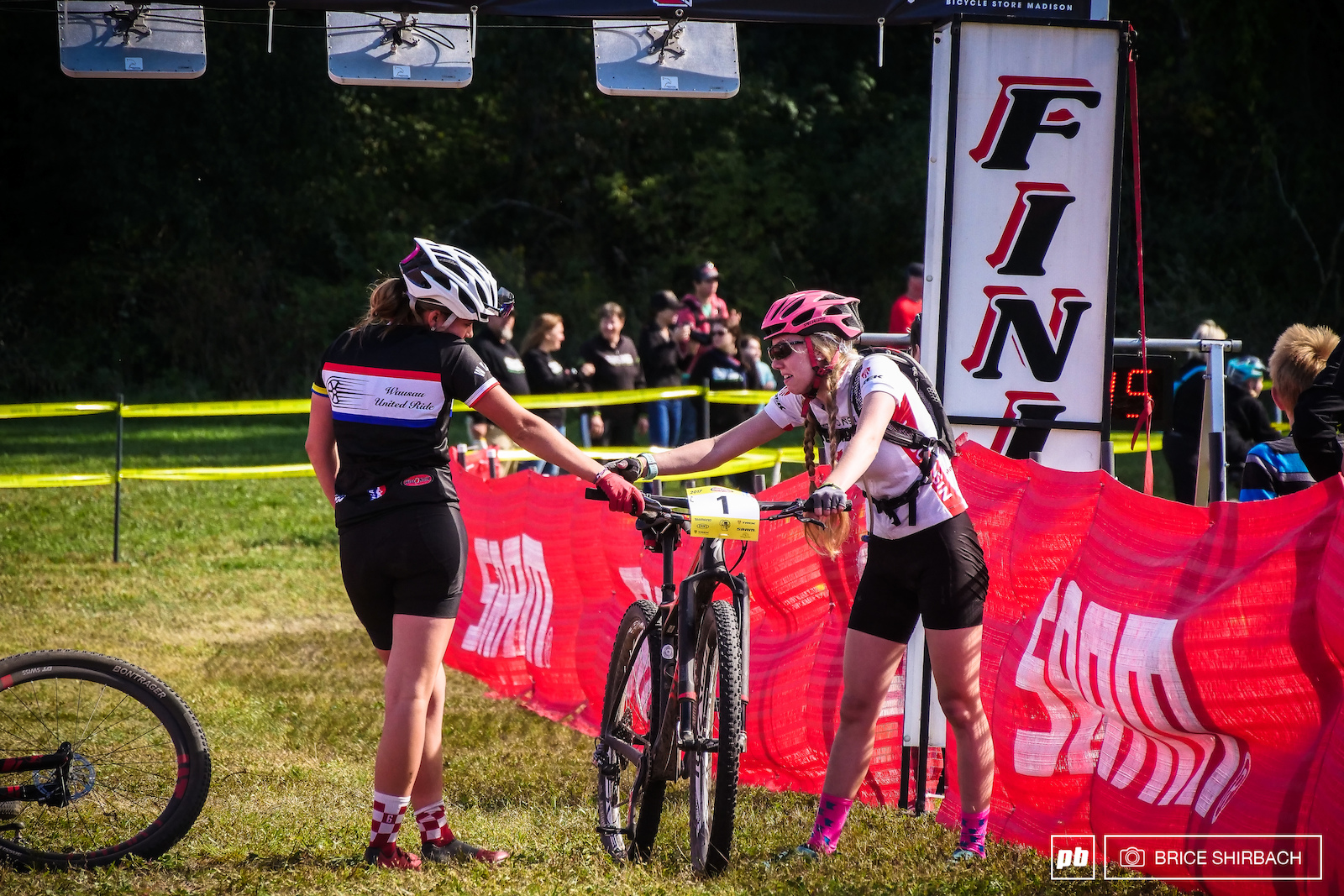
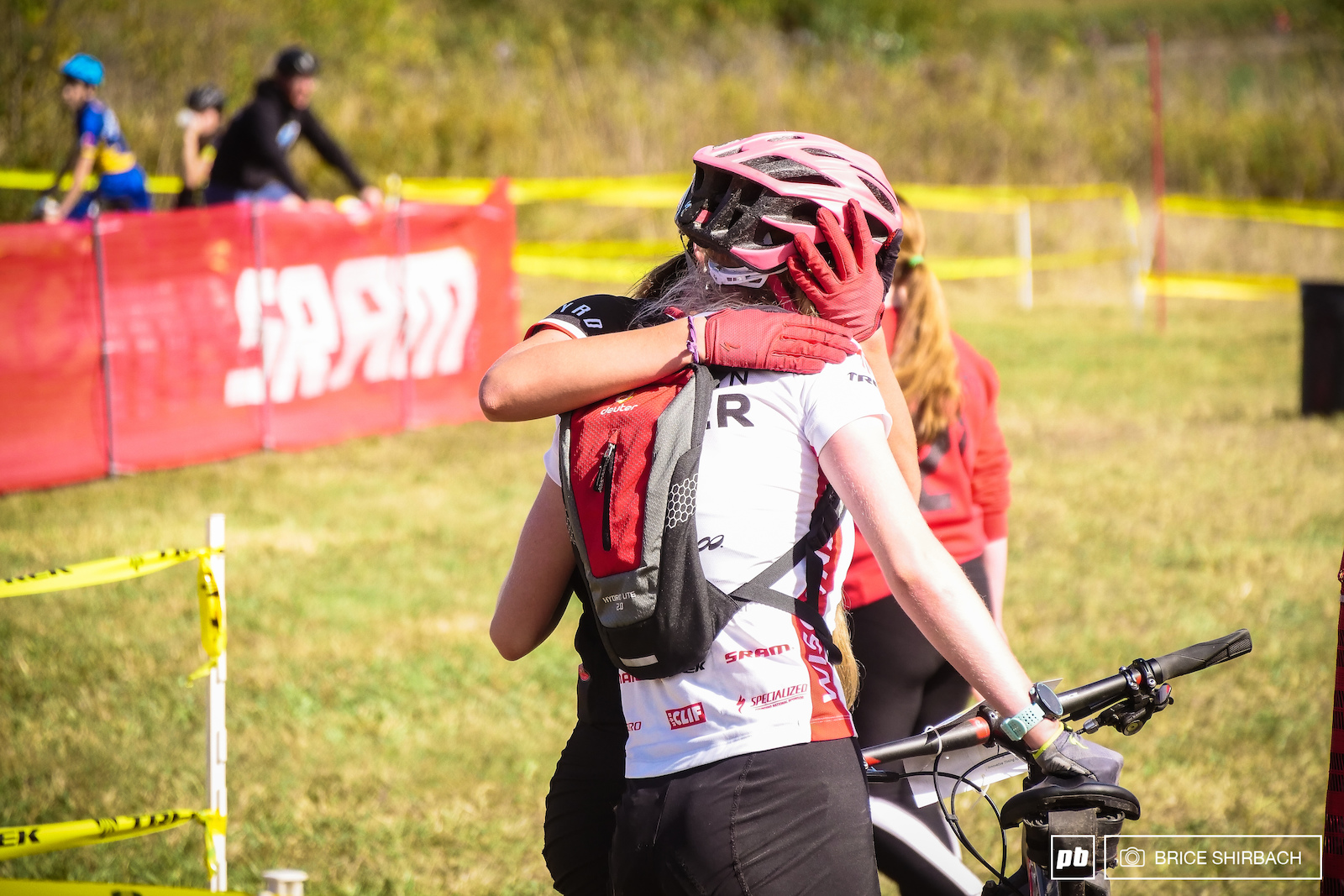
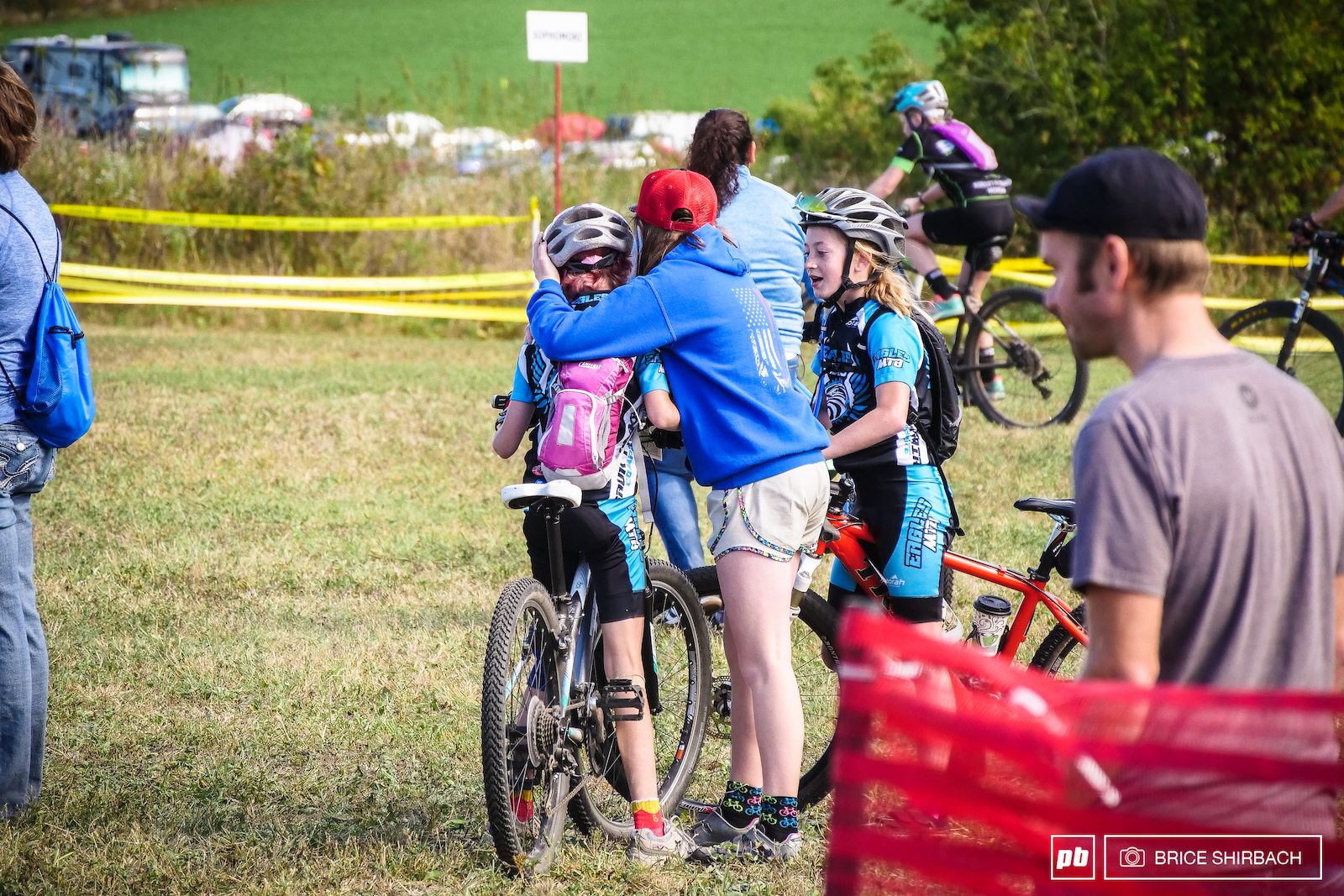
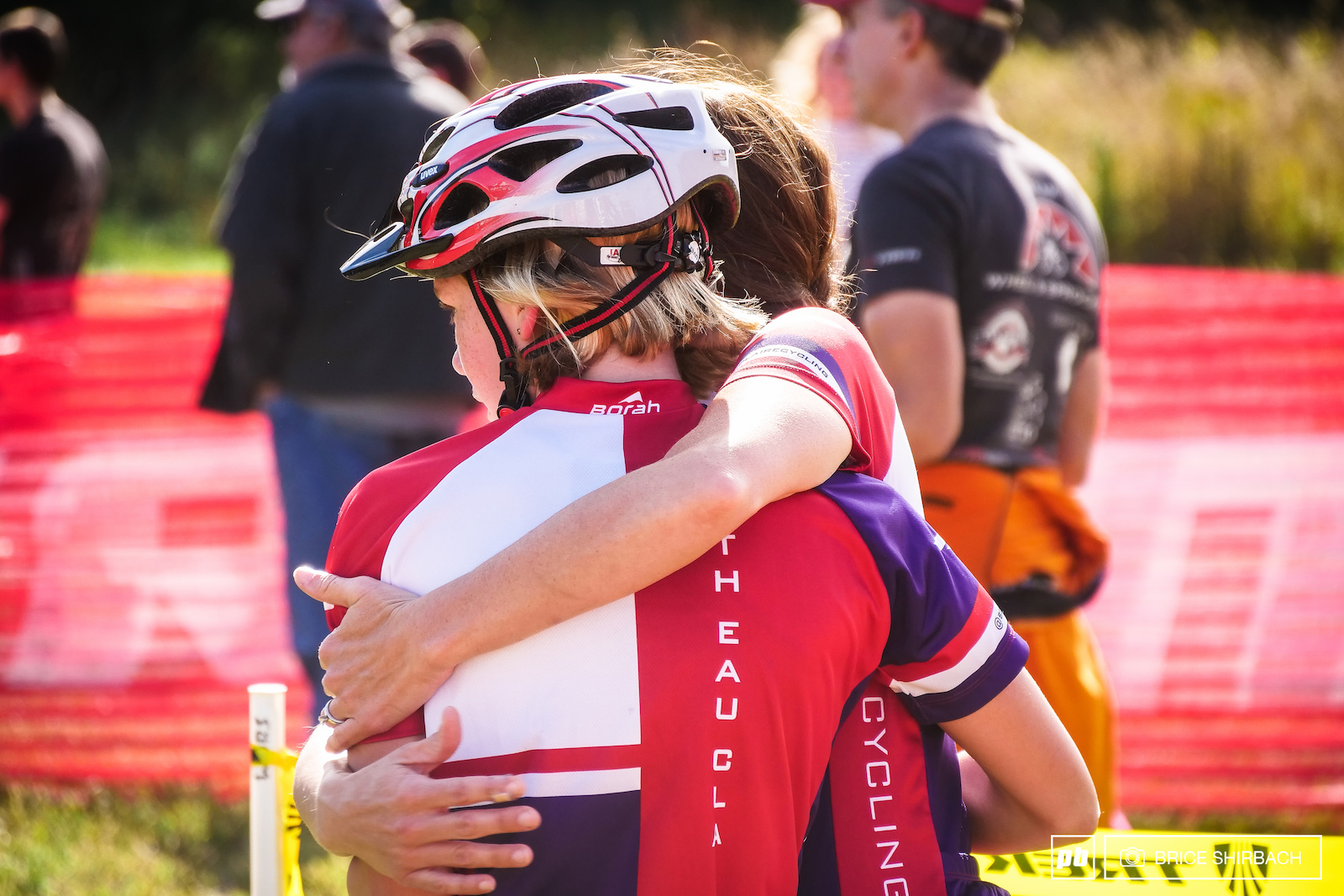
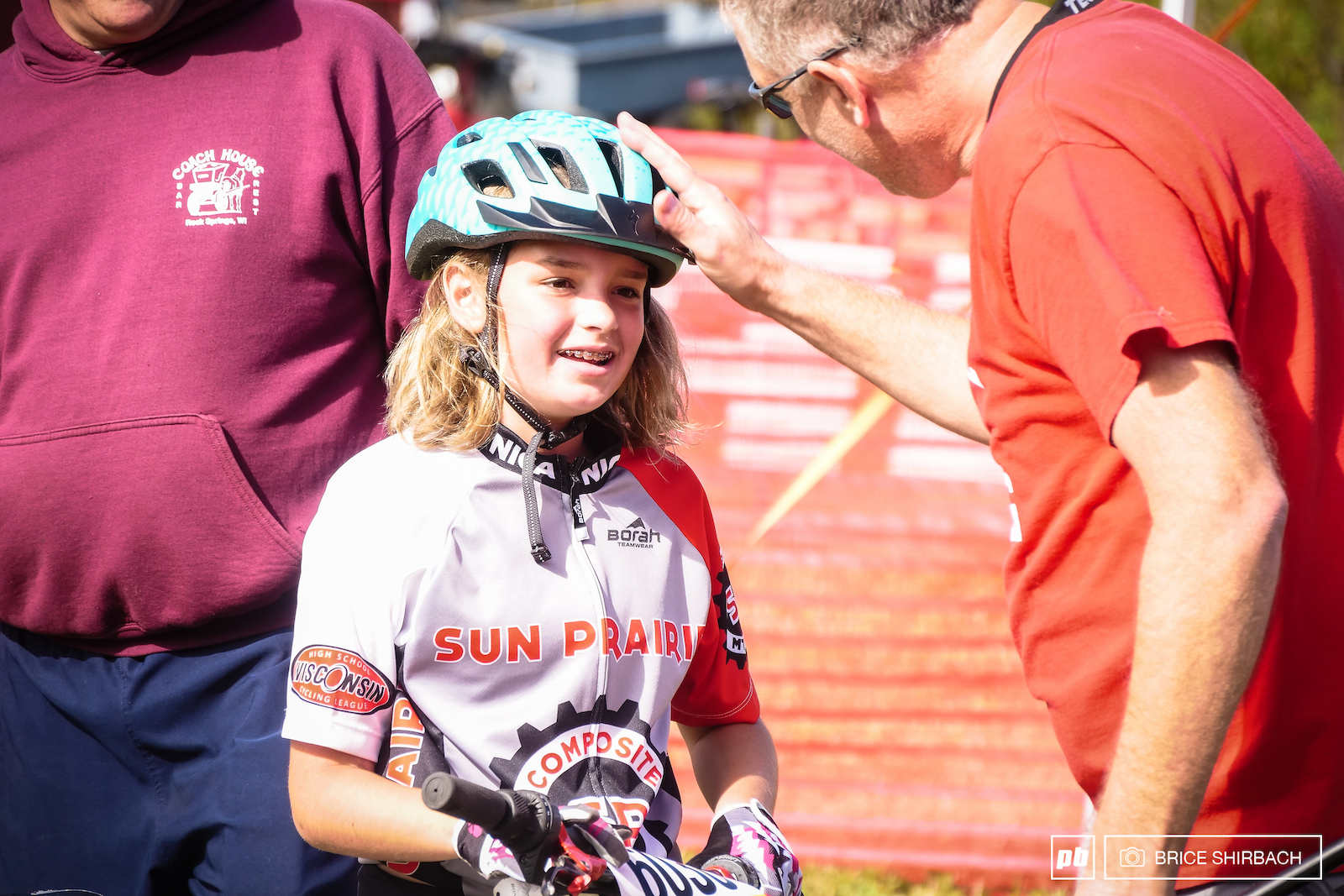
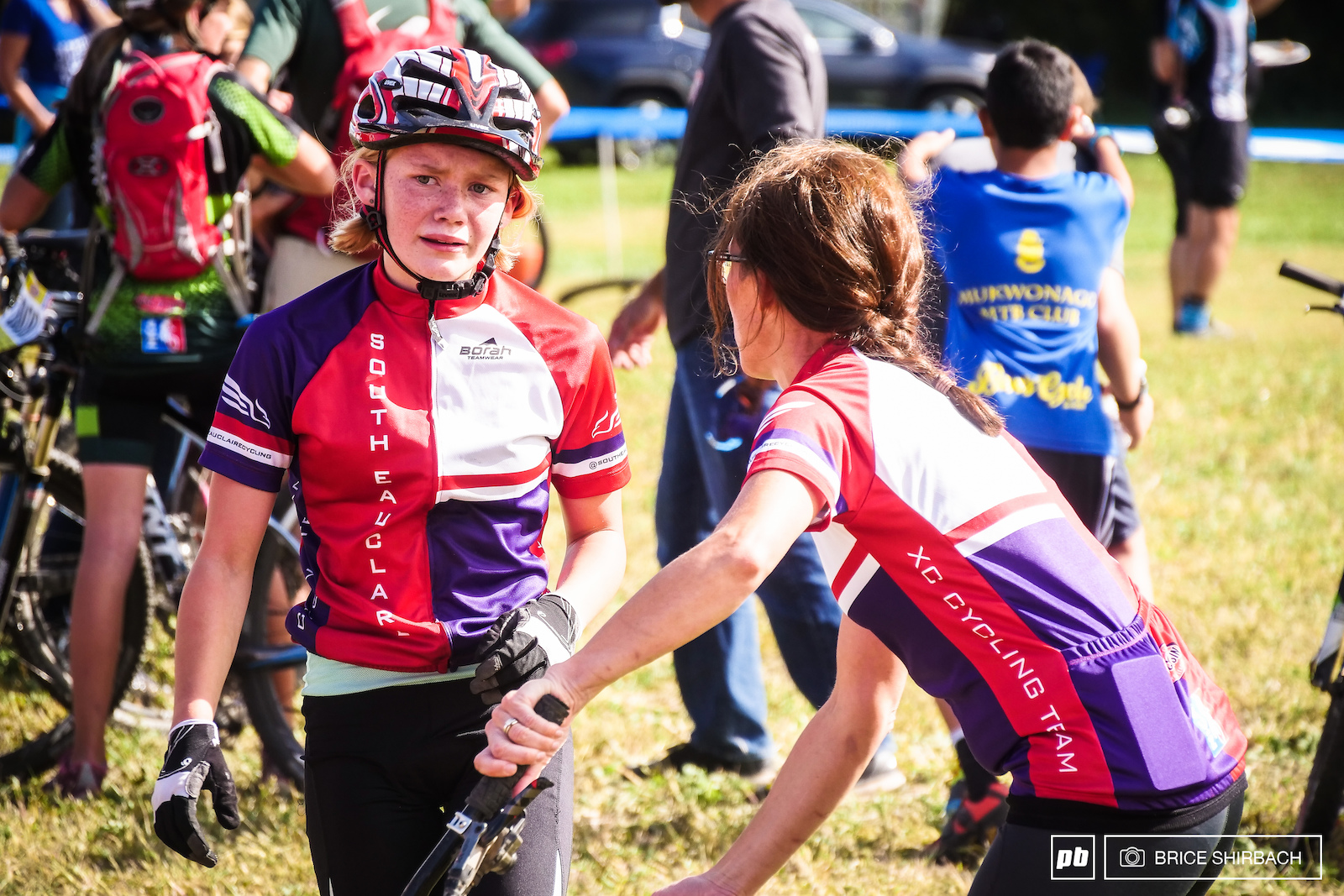
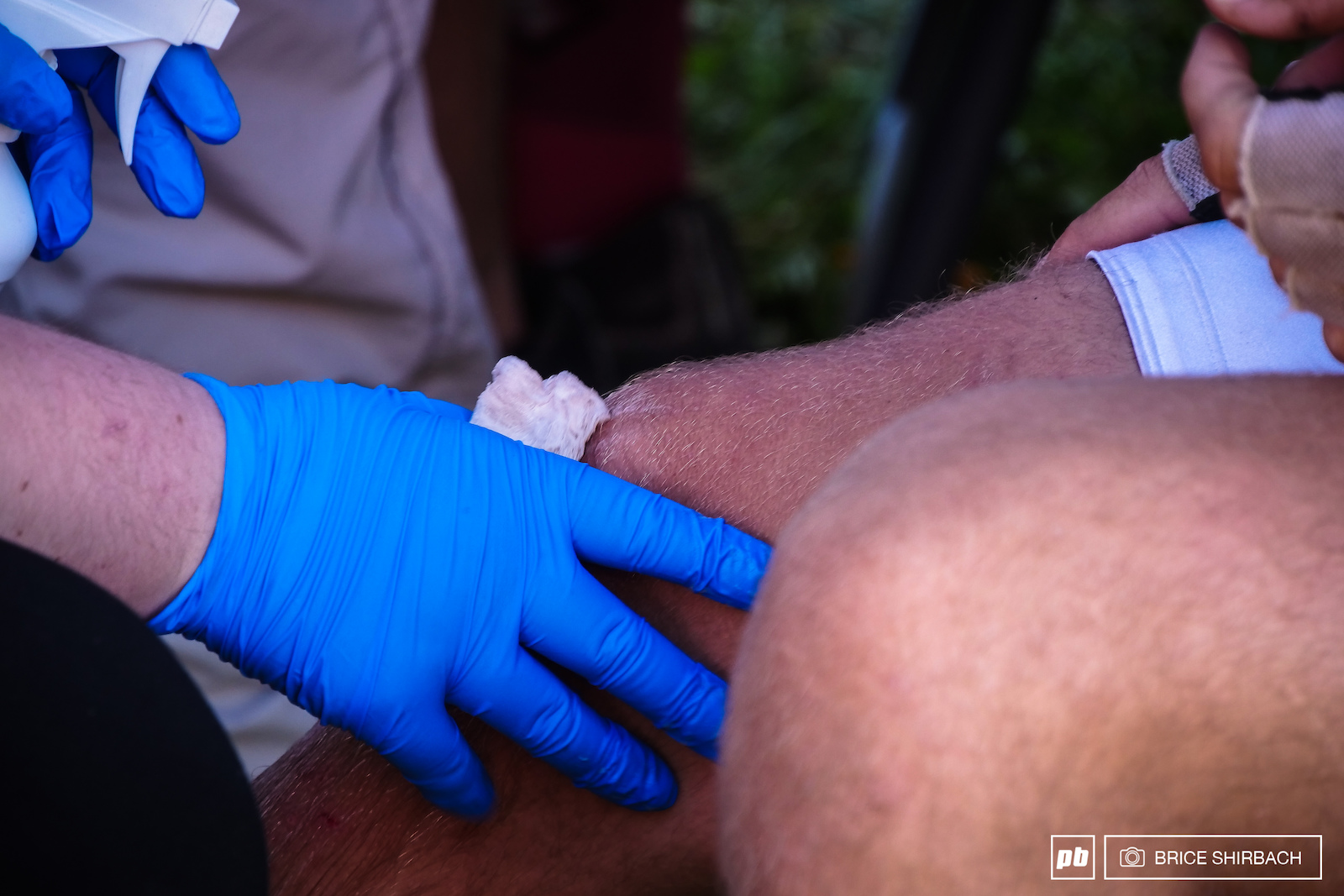
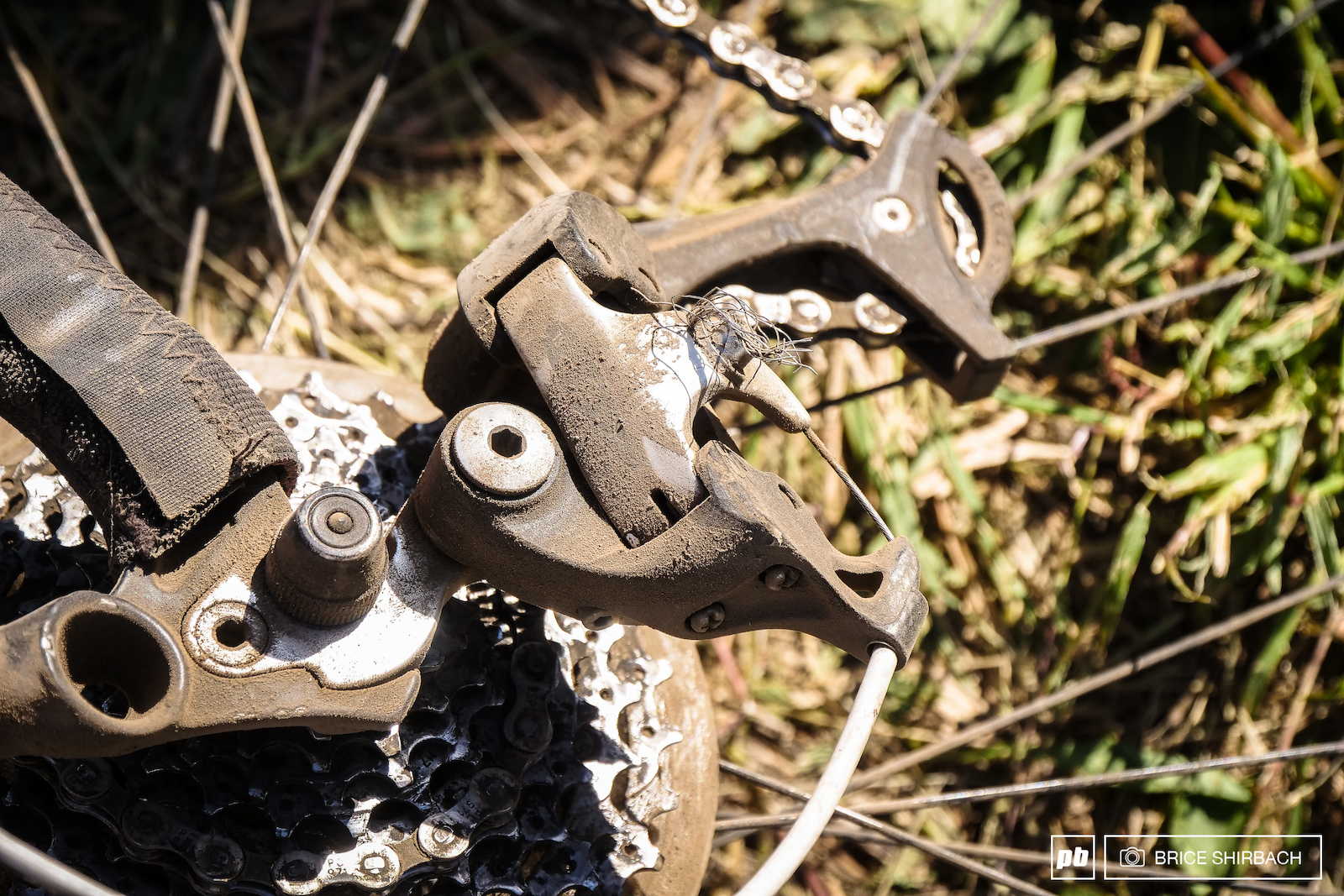
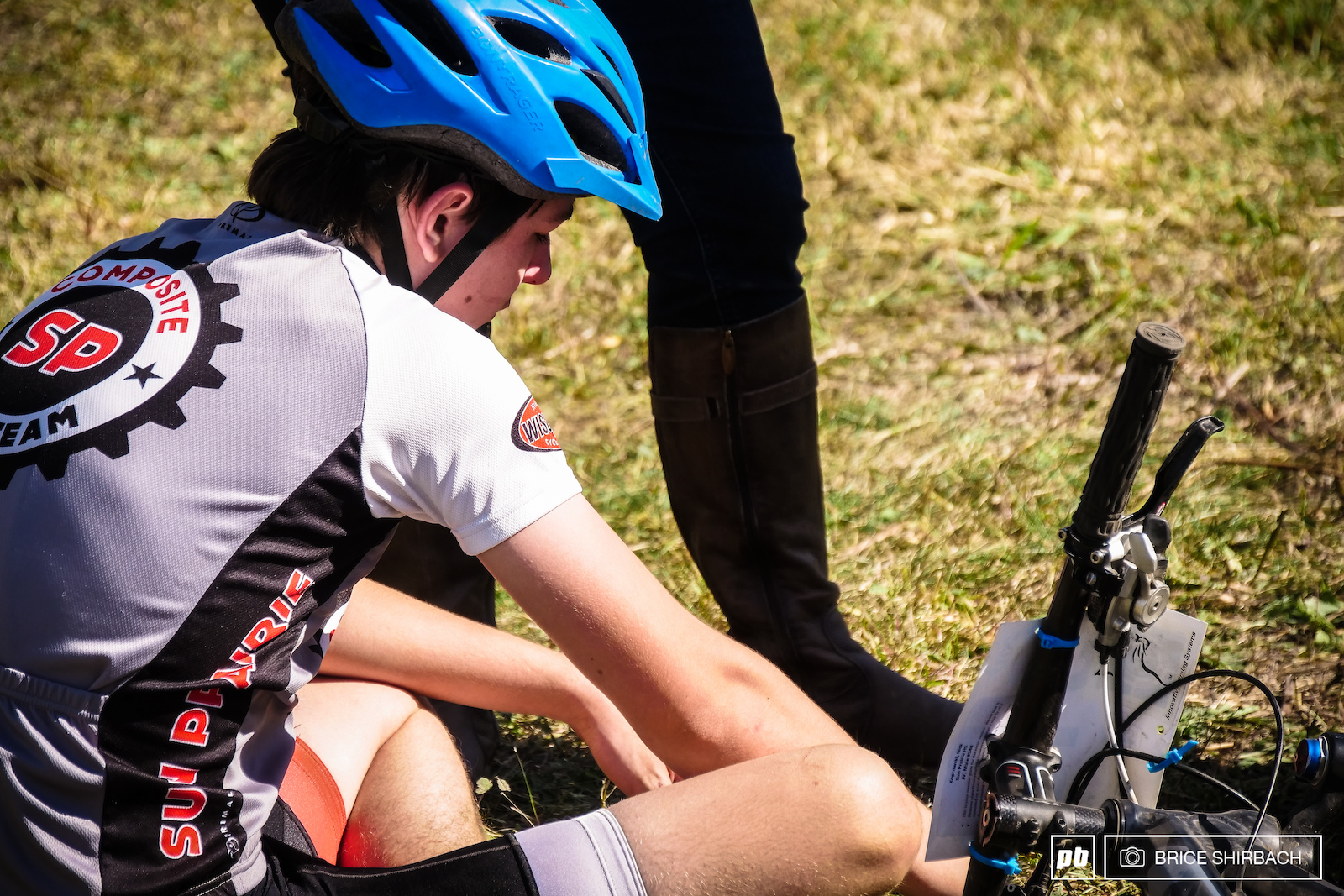
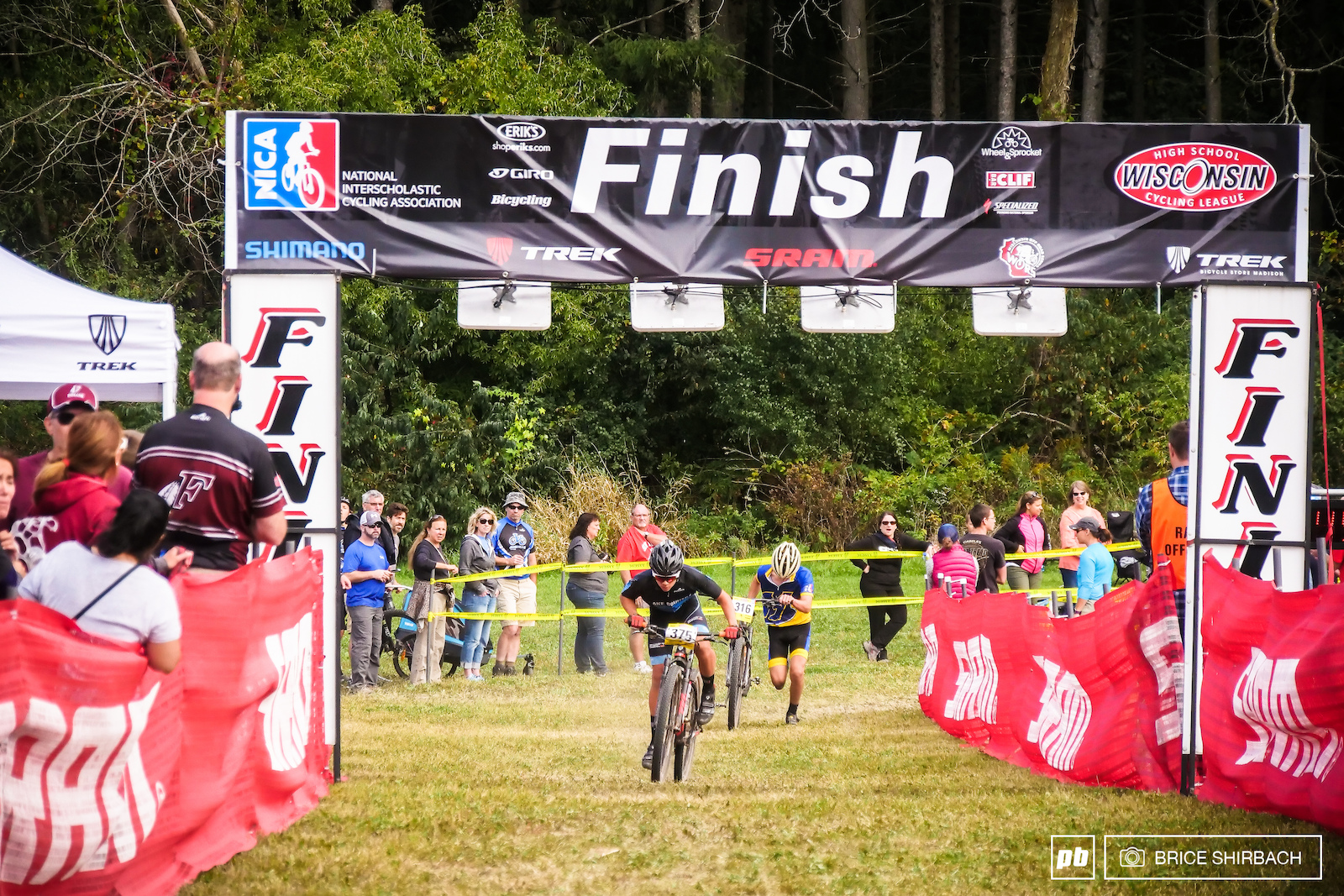
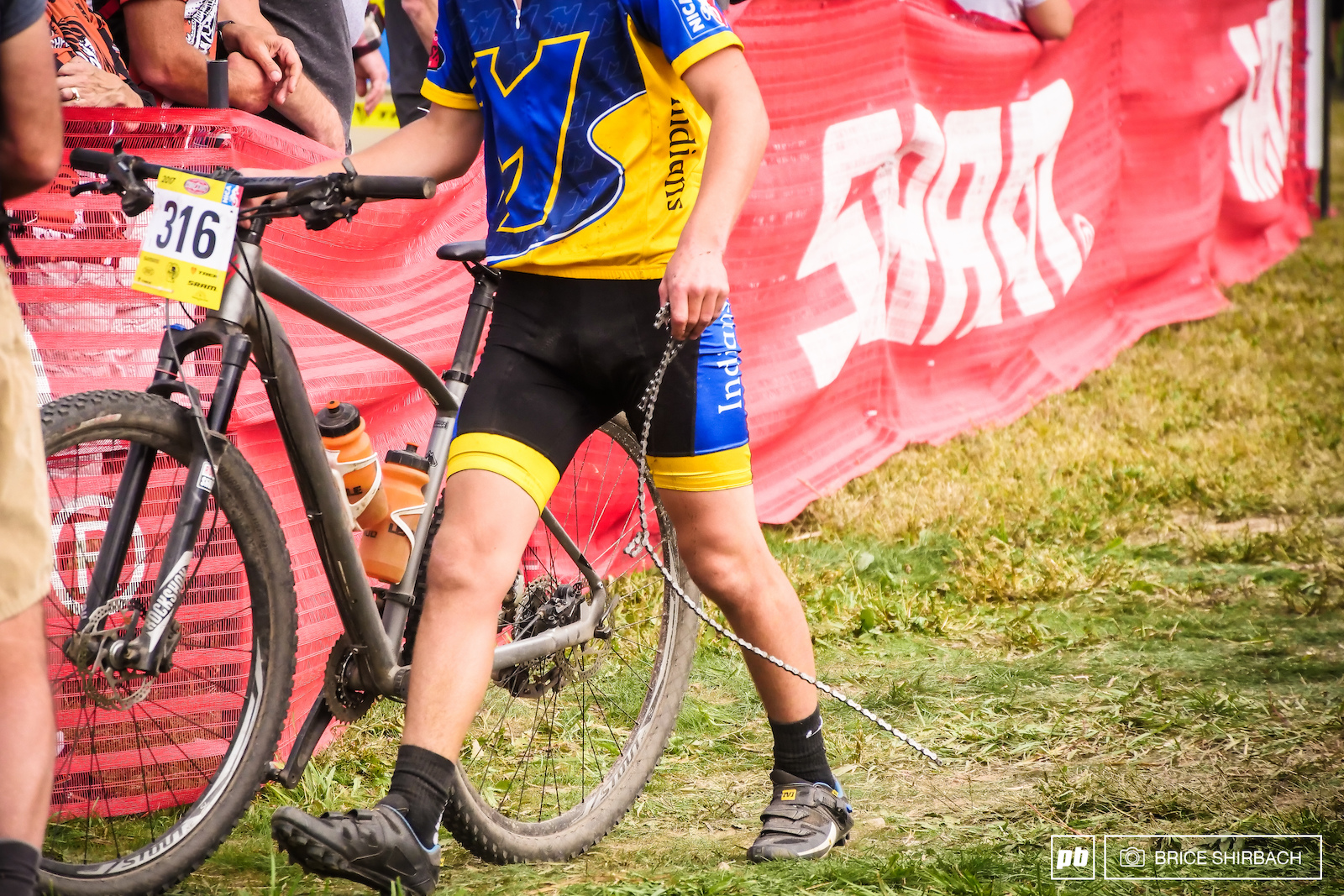
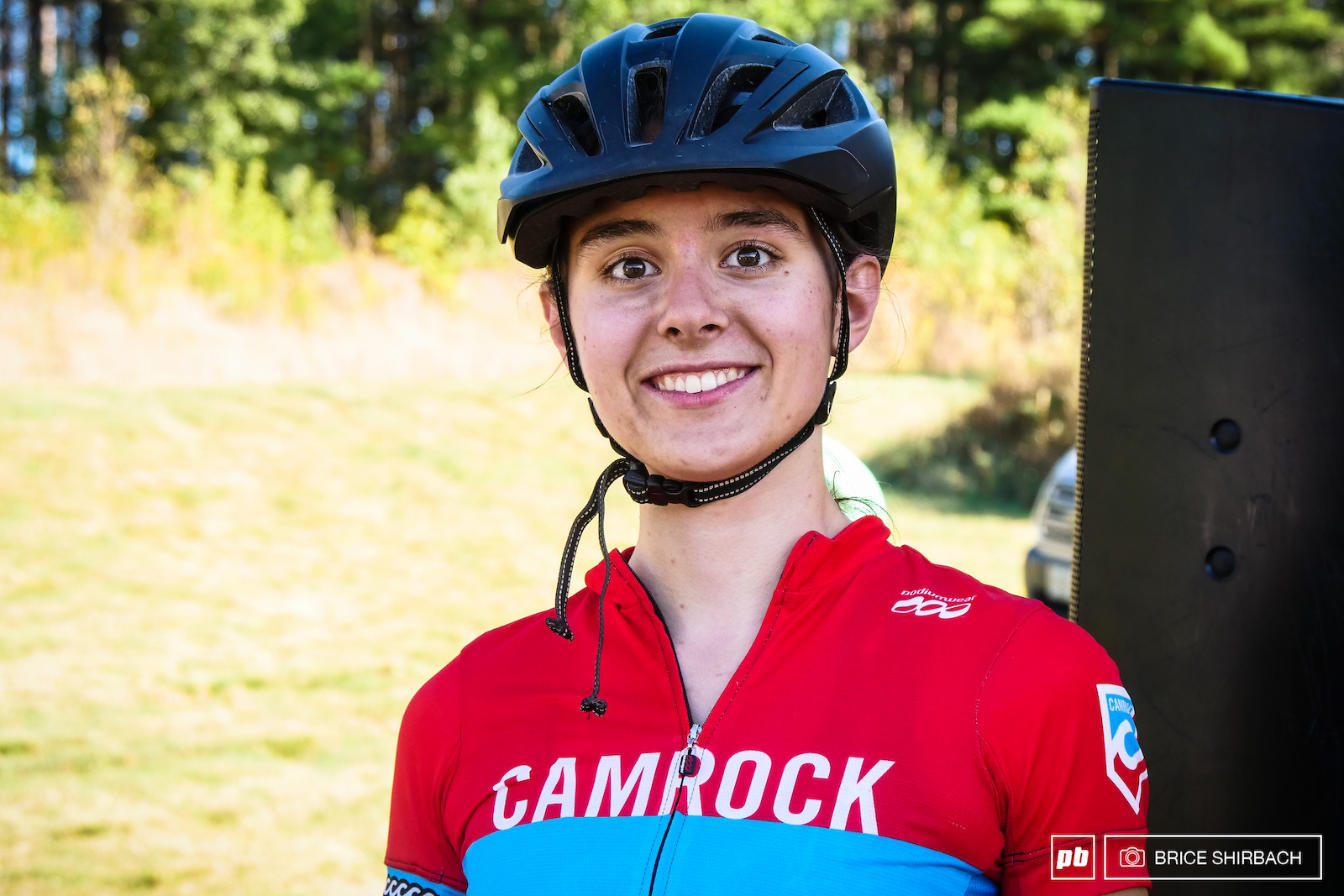
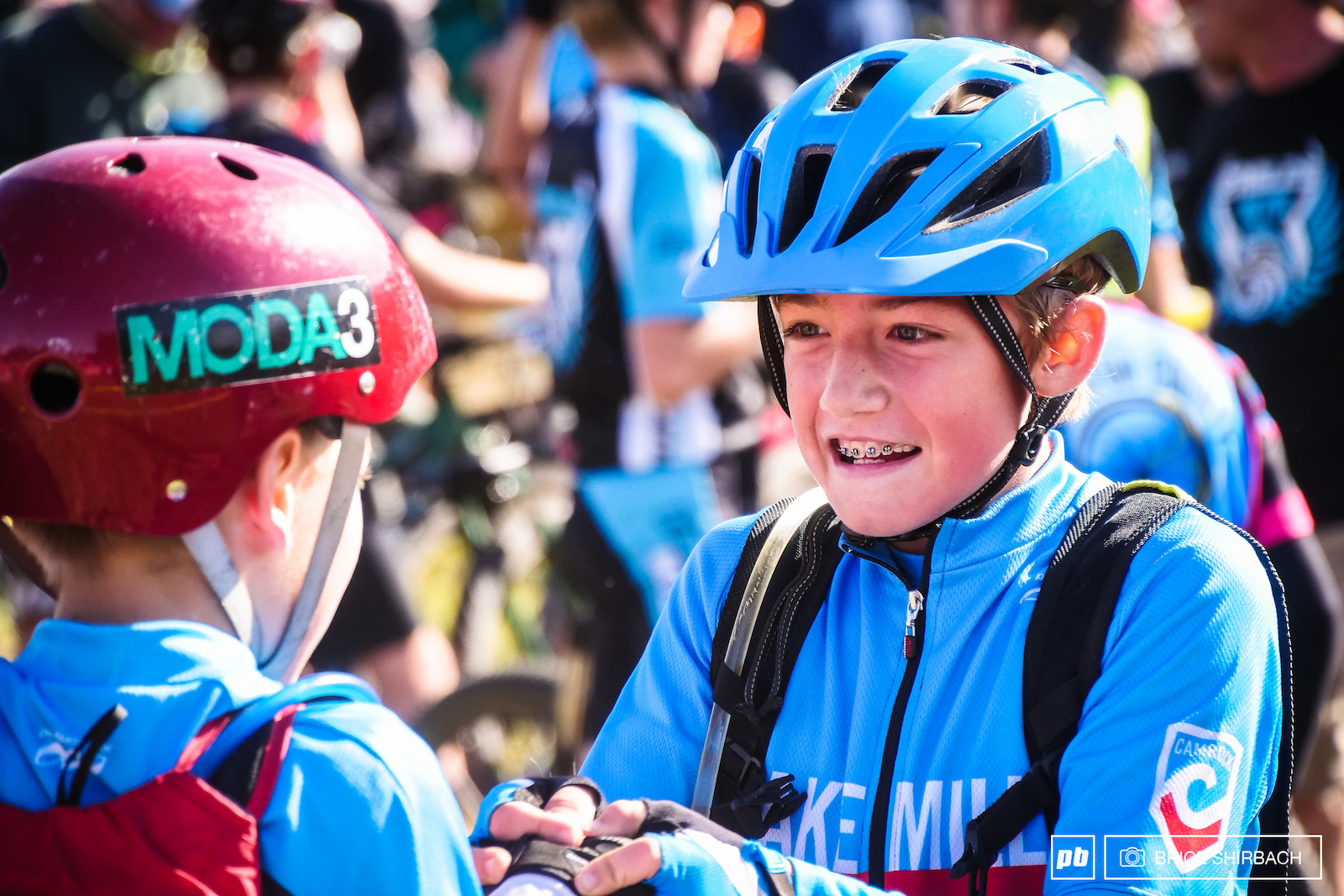
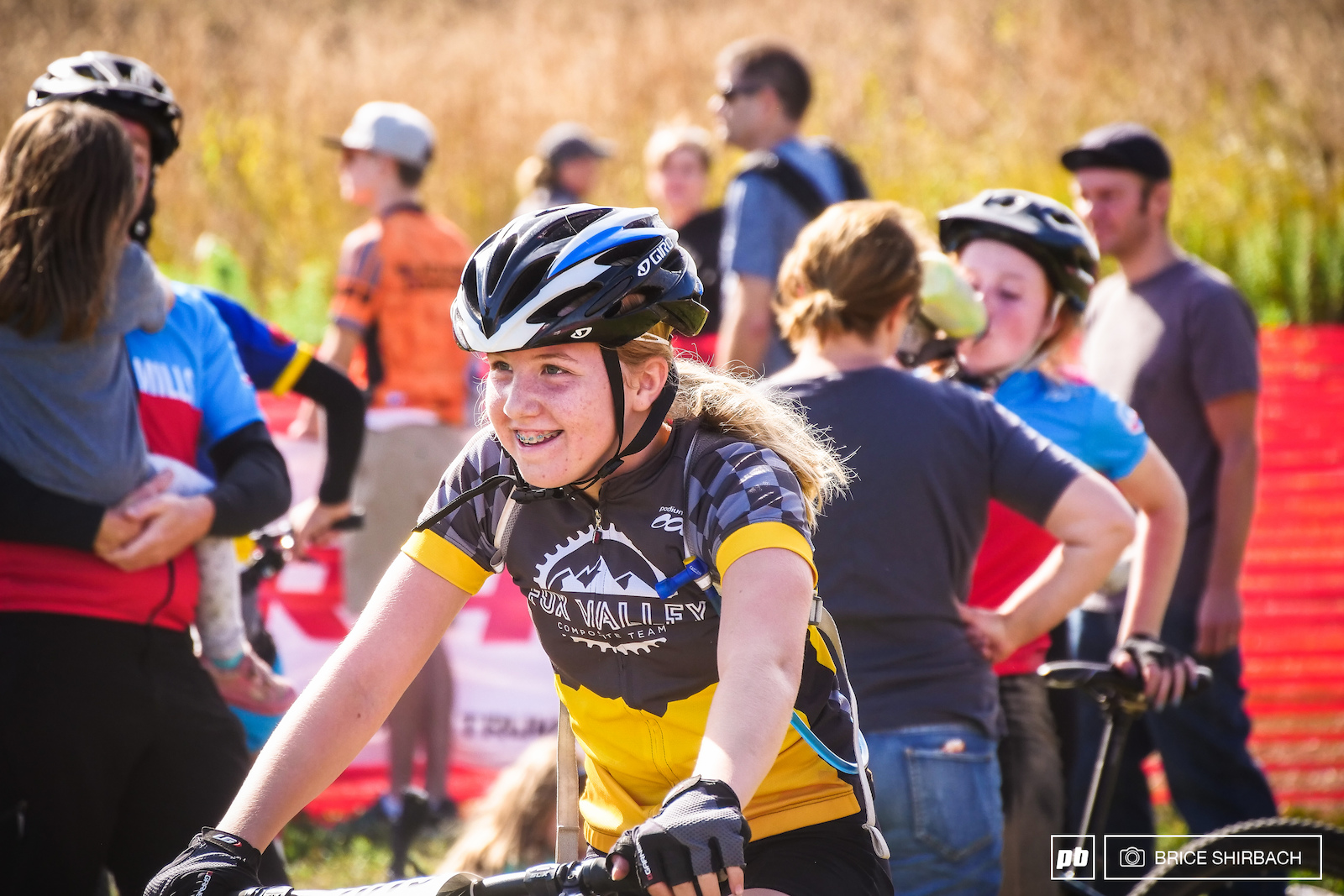
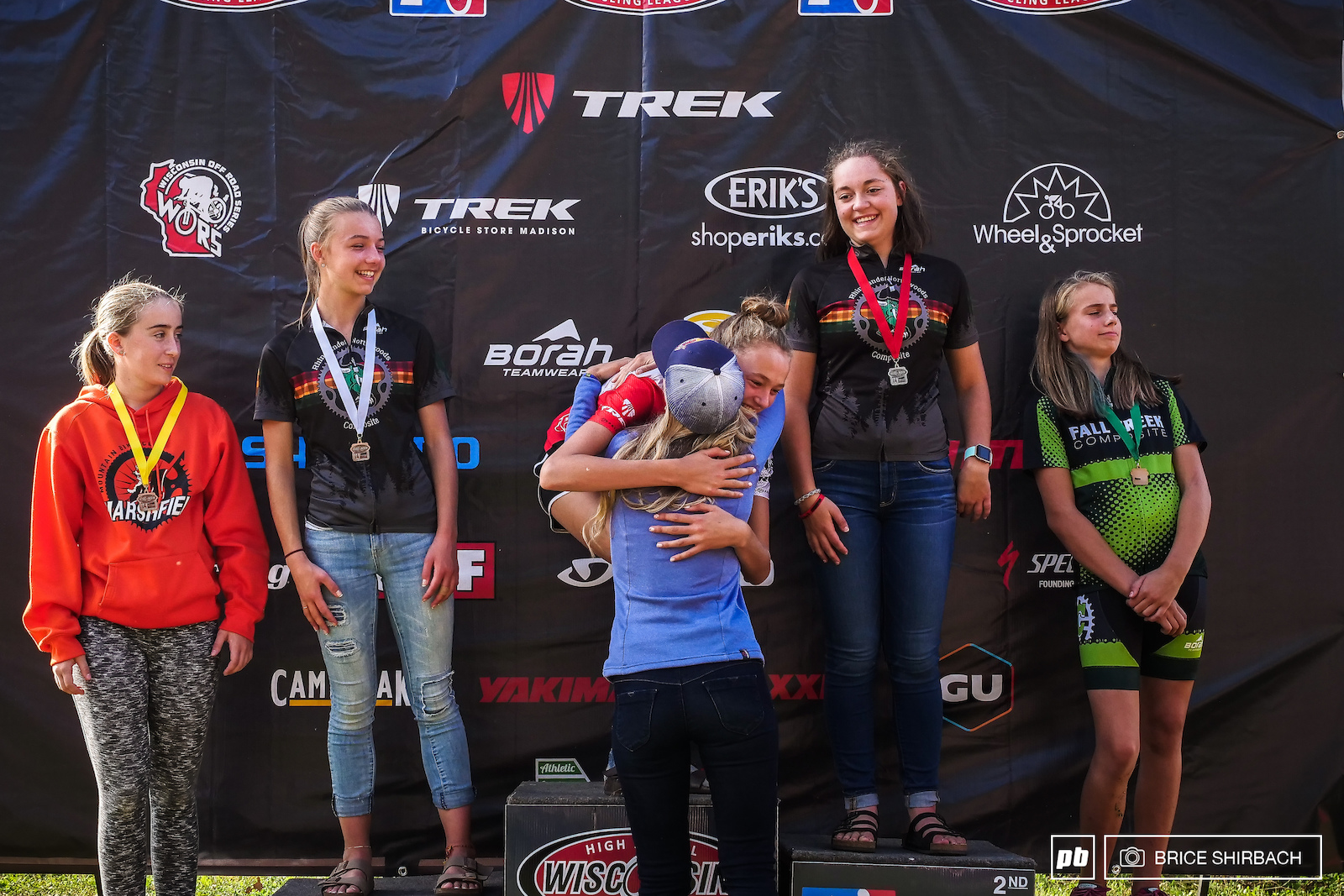
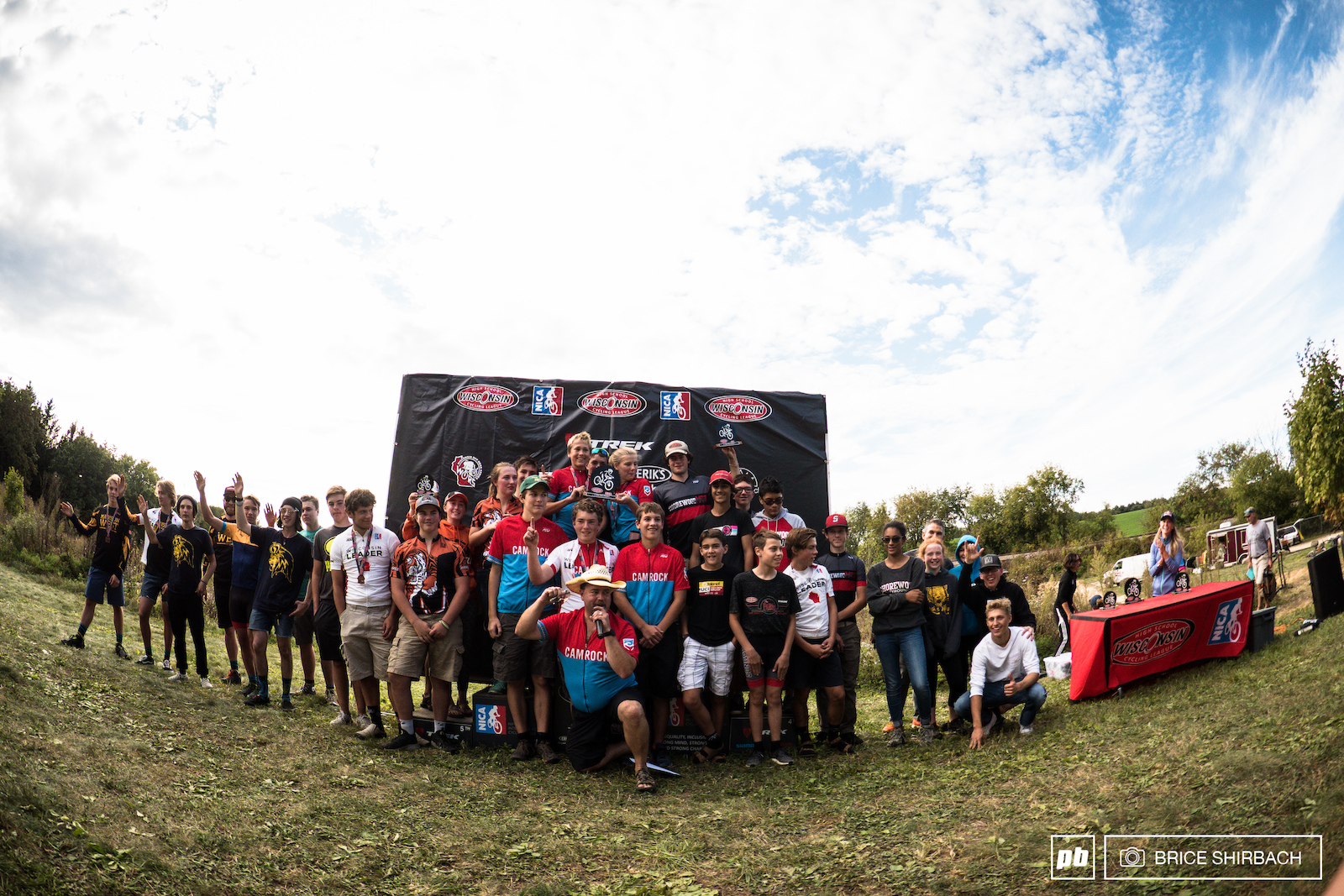
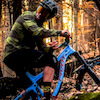
Also, the league very much encourages including kids that do not want to race, and pushes for accomodating them with separate practice curriculum that focuses on fun rather than building cardio.
There is no negative to be found here, unless you want the trails to yourself. We are creating a huge advocacy group from the ground up, uniting families (parent coaches are essential..a team doesnt run without them), getting kids on bikes, and exploring corners of our local parks and parks across the state that some would never see.
The progression these kids acheive in a season is incredible, and the joy is unlike anything i've ever experienced in sport. The amount of people who come up to me to express how incredible the team/league is continues to overwhelm me.
As riders, i encourage everyone who reads this to engage with your local NICA team, or create one yourself of one does not exist near you. You will not regret it.
We had one gal who was afraid of falling off the side of a dirt road. Like a full on dirt road and she was afraid she would fall off on our first group ride. Three months later she does her first race and when I asked her how it went she responded with a huge smile and she said "I want to do this forever!!!" Best feeling I've ever had as a coach. I think our focus on riding and enjoying bikes helped her get over her initial fear and THEN she became interested in the racing side.
I’ve been involved with NICA for this season as a parent/volunteer but not an official coach. My son’s been in the podium so he really does love to ride. My praise is focused on the fact that NICA is doing wonders for getting kids out on bikes, off the couch, and it’s level of inclusiveness. My critique is that after attending nearly all the practices this season 70% of the practices were done on grass, gravel fire roads, and rail trail. Maybe 30% was done on actual single track and I’m being generous. Additionally my son and a few of his team mates complained that the courses aren’t anywhere near technical enough and they always make you take a B line around any fun features. I see this as a major flaw within the organization. You’re actually teaching kids that trails need to be dumbed down. They’re being taught that certain things are “not rideable”. Granted you have kids on the team that had never seen single track before, of course they aren’t going to be able to ride tech. But.... you’ve got kids on the team that have been out riding trail since they were 6yo and then you tell them to keep both wheels on the ground?! It undermines your credibility as a rider and a coach when you tell that to an 11 yo who’s capable of cleaning a double black trail on a HT bike. This organization needs to have a better way to categorize its riders instead of making everything fit only beginners and only XC. They don’t explain that they’re only teaching one discipline of Mtb and that there are other disciplines. I’d love to start a youth enduro/DH league similar to NICA but one that would be more technical skills focused and with a lot less rail trail riding. We need bike handlers as well as more riders to move the sport forward.
XC is a great way to introduce the kids to the sport, and quickly they start to branch out, I don't think limiting their progression is helping anyone, but i could be wrong.
We just simply need to expose these kids to the riding world and culture, not doubt its addictive as we all know, show them the way, and let them create their own path, isn't that what they are going to do anyway? If its important enough to them, they will find the time for xc, trail riding, enduro, cx, dh and some racing if they enjoy it. Lets not stop or limit their progression.
With your broad approach to exposing kids to all that is awesome about cycling you probably need to start a juniors cycling club. Start small, charge a modest fee to cover insurance and go from there.
In both cases, when the NICA season rolls around you morph into your NICA team(s). When it ends you carry on with business as usual.
I'm in Colorado and we have several strong juniors teams in the state that are the umbrella for high school teams. In some cases the NICA season teams are aligned to schools and in other the teams are composite.
Get to know and work with your league director, board of directors and rules committees to help shape your league. NICA is providing a great template for getting leagues up and running, but as the leagues mature some things may need to be tweaked, hence the league specific sections in the NICA rule book.
Couldn't agree more with you hopefully the available formats open up.
I've been yelled at myself but after more clarification found out it was not what I was doing, it was how I was doing it.
Maybe check your facts before commenting.
Seriously though, this piece was pretty awesome. Nice work, would love to hear more about NICA's progress in the future. MOAR KIDZ ON BIKES!